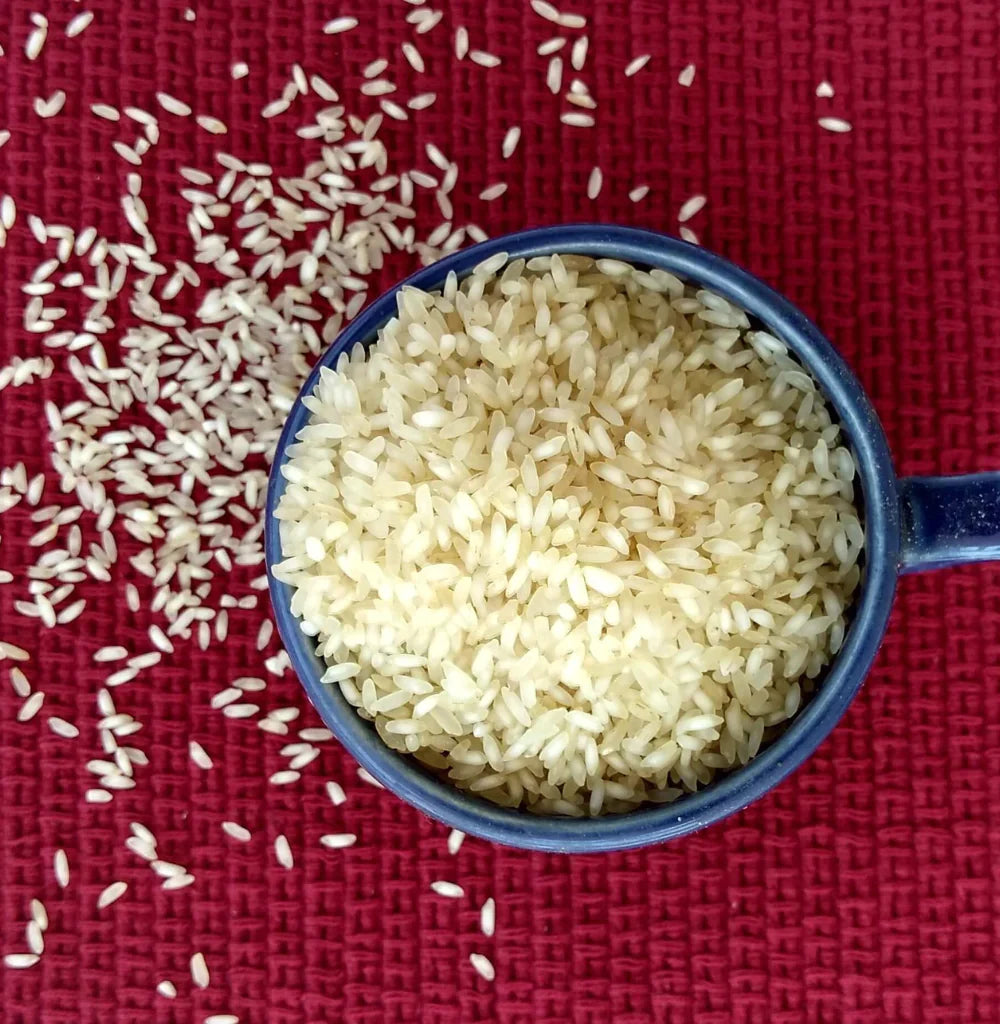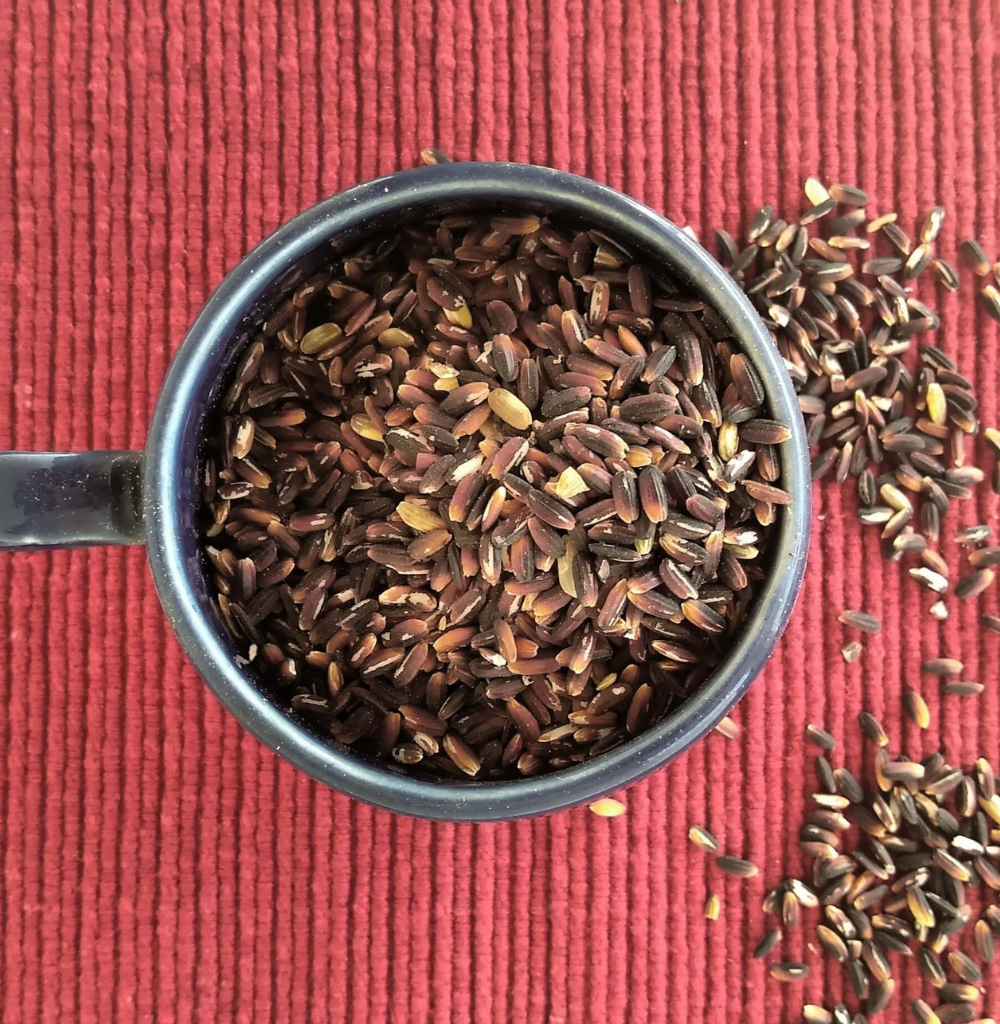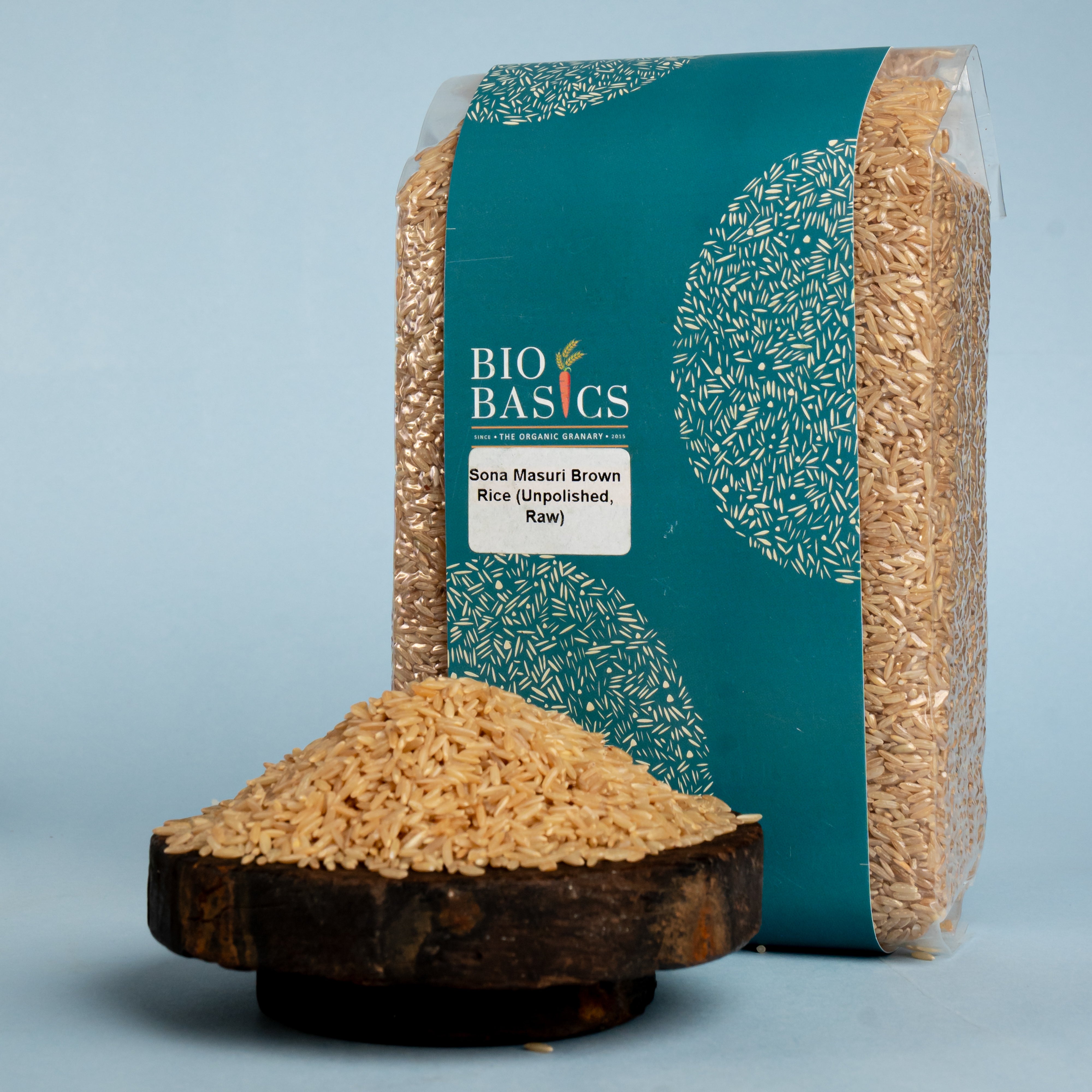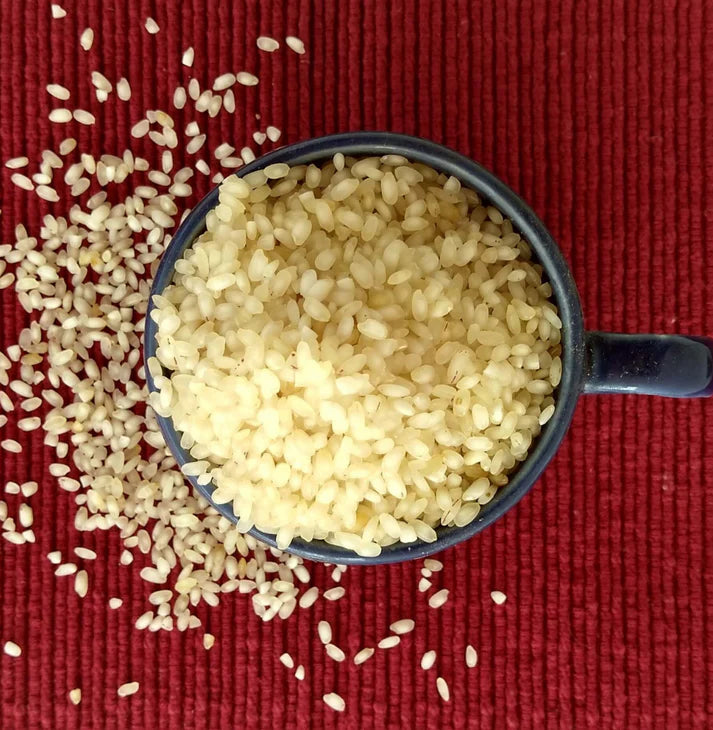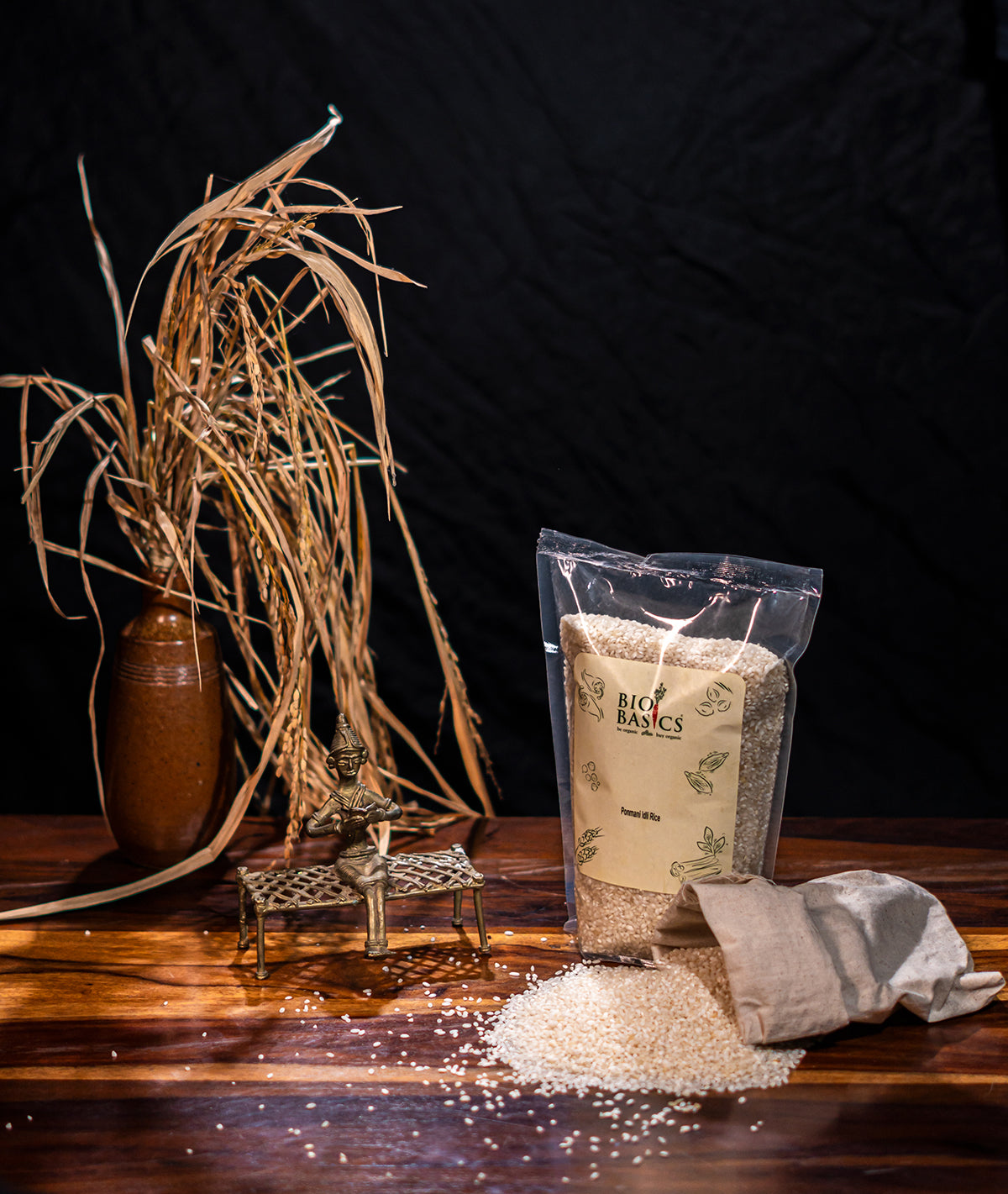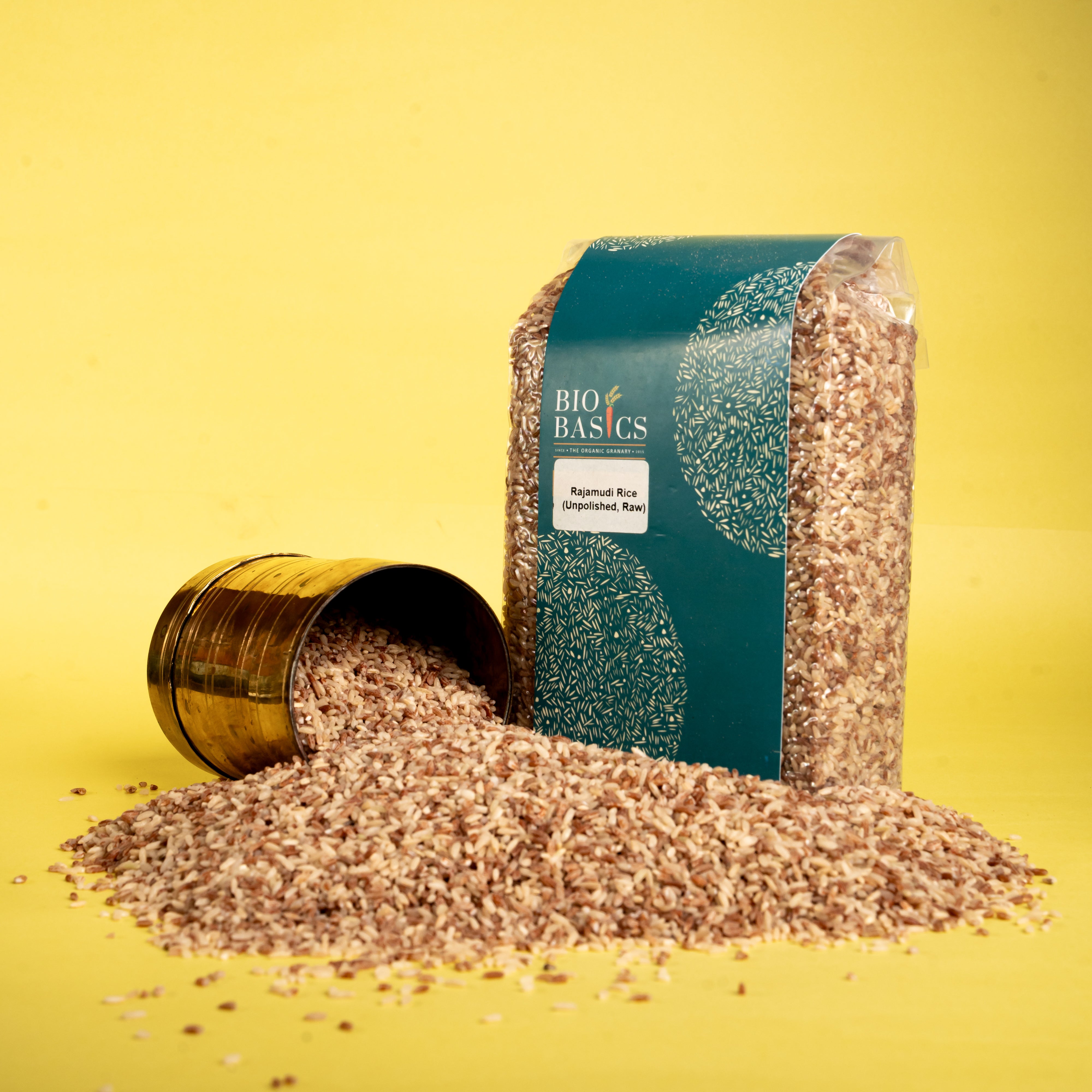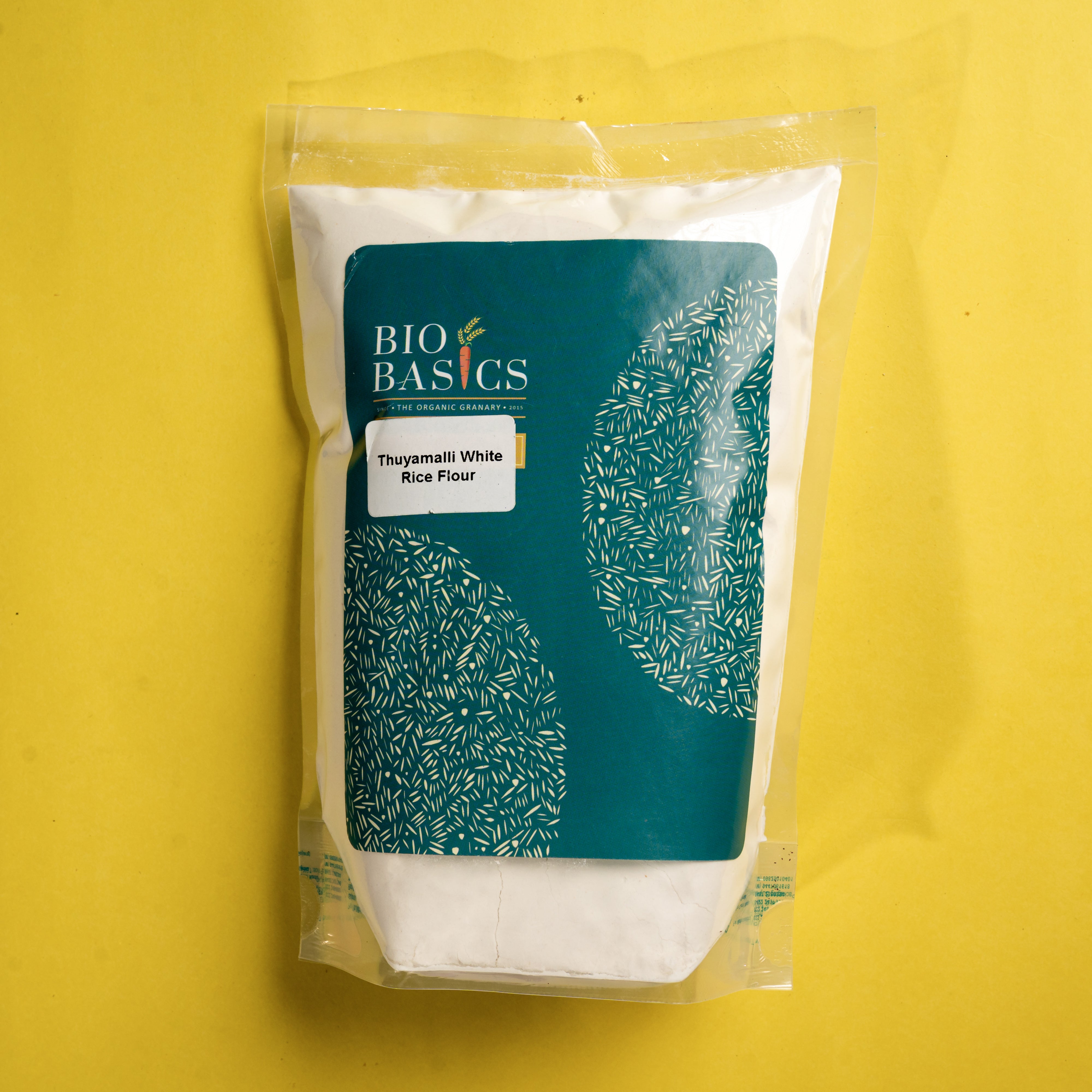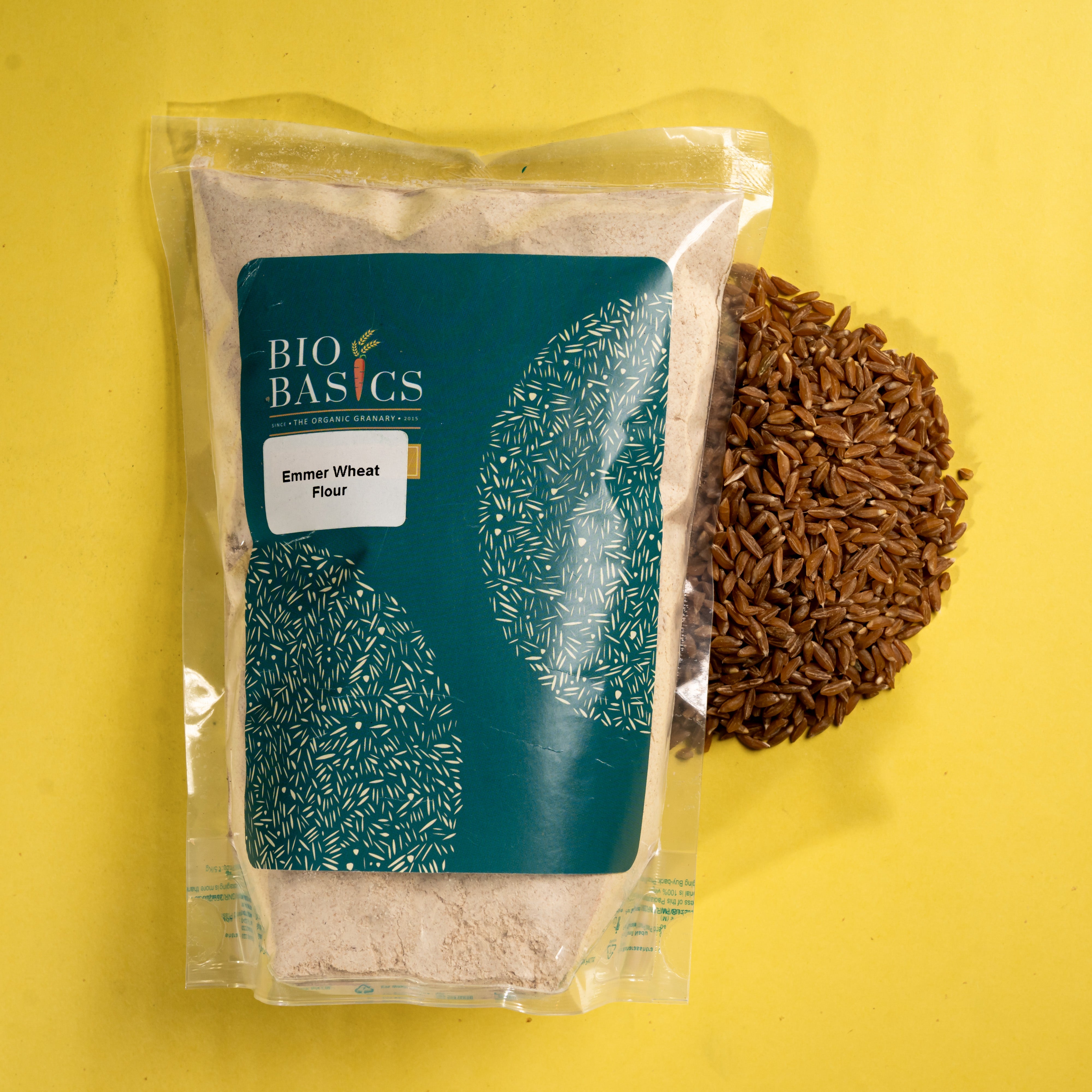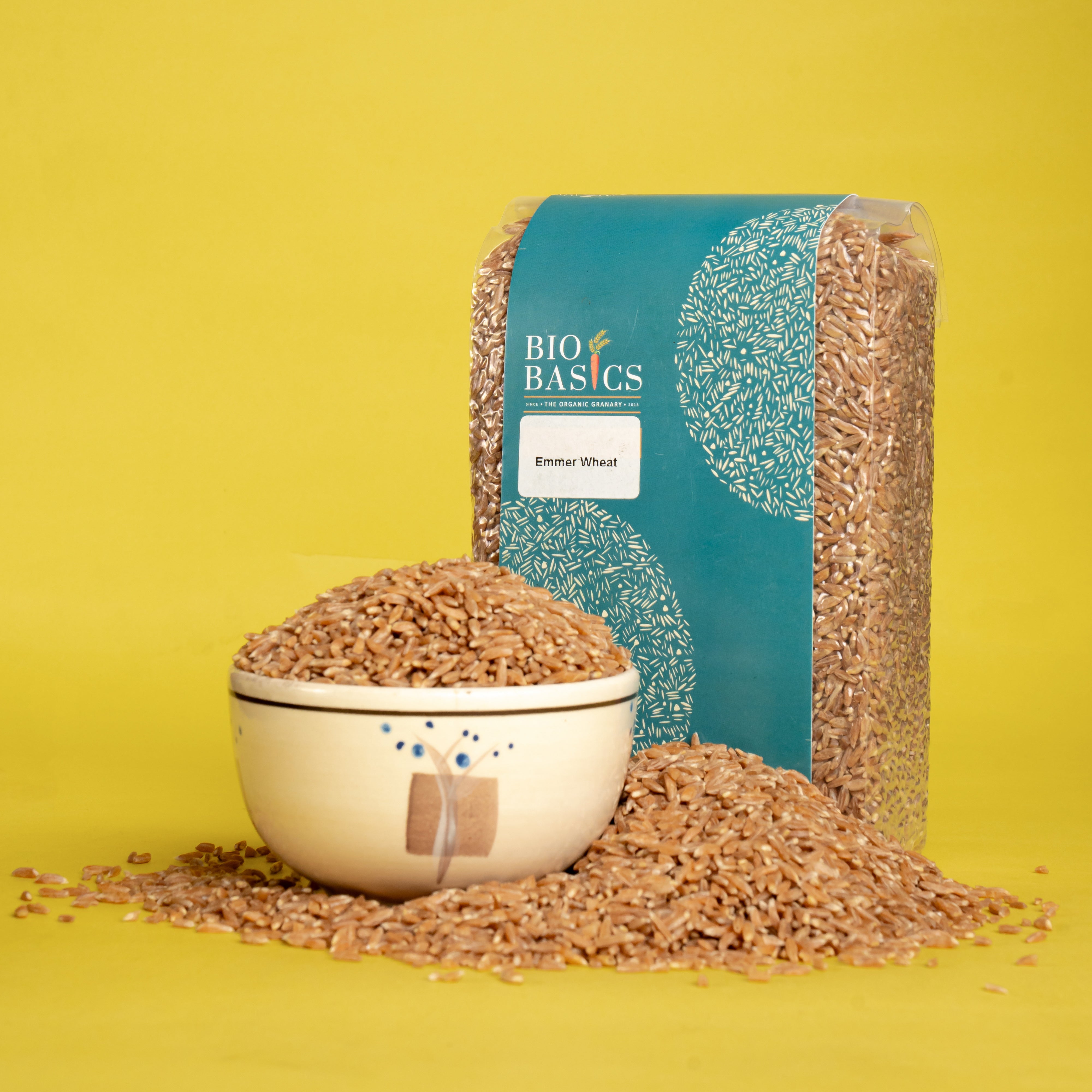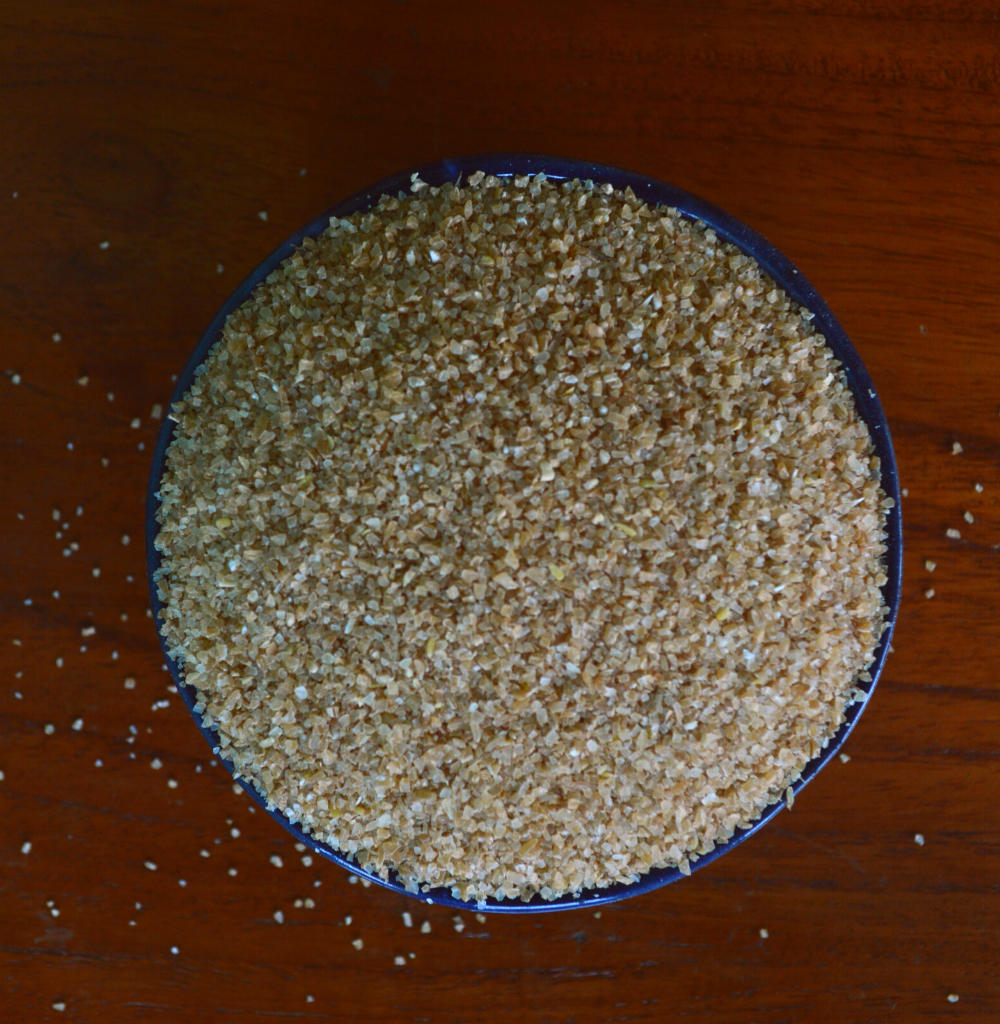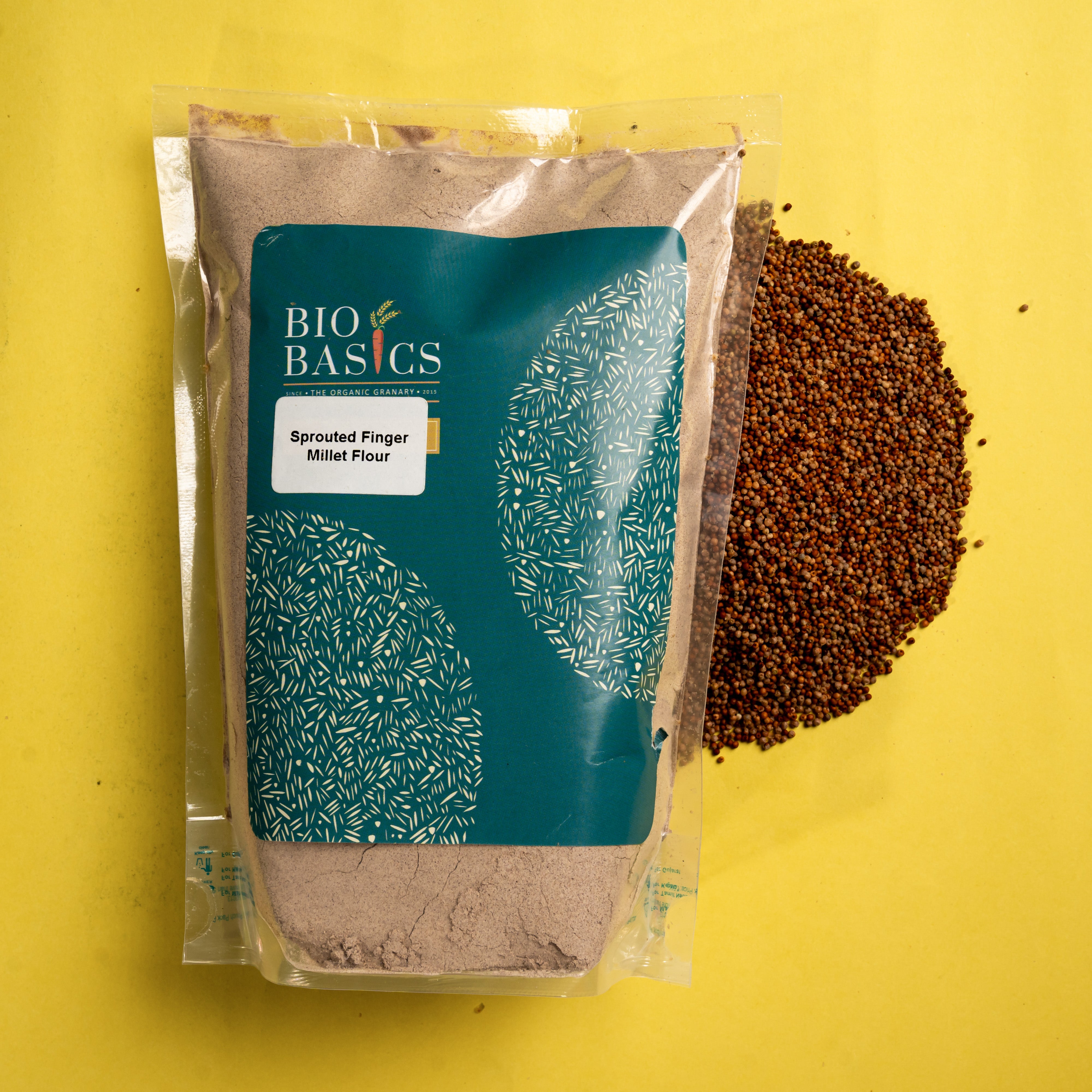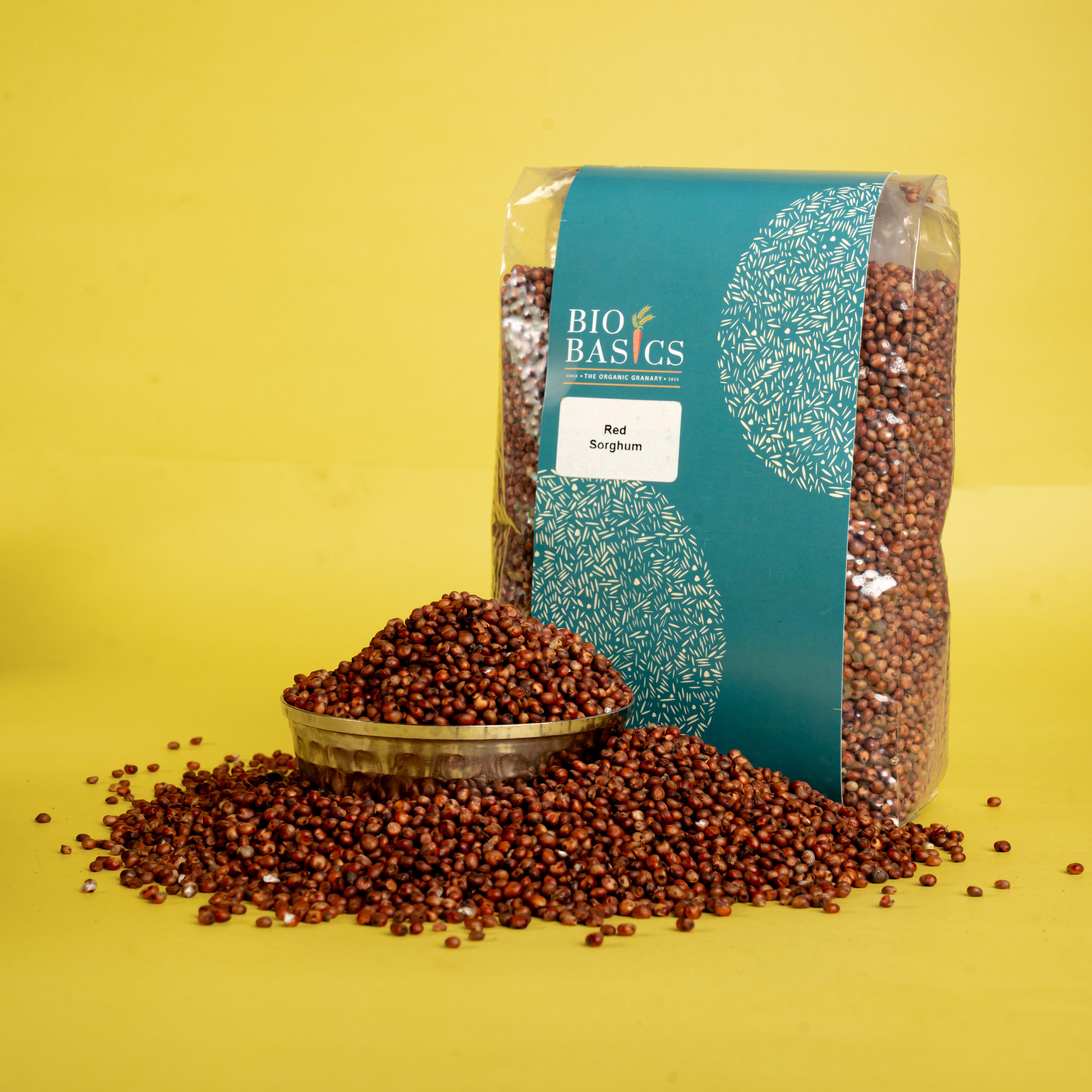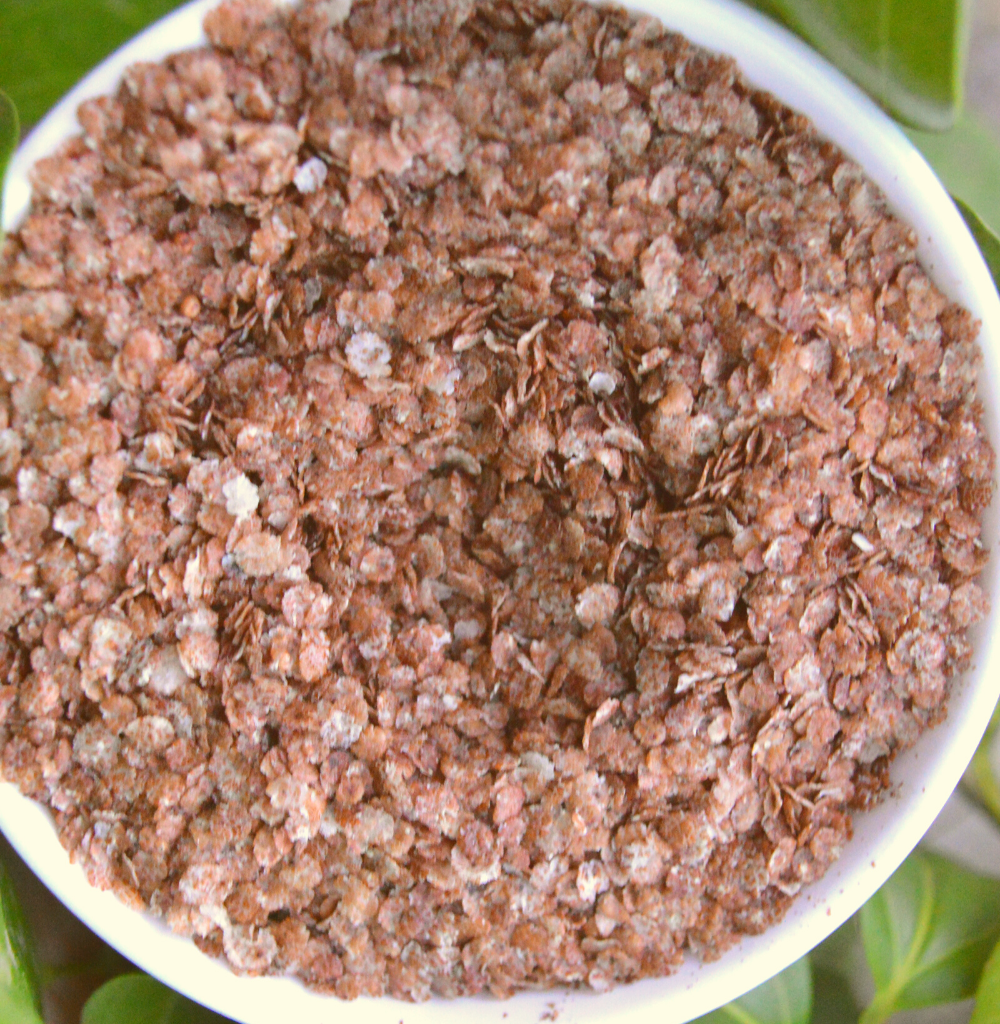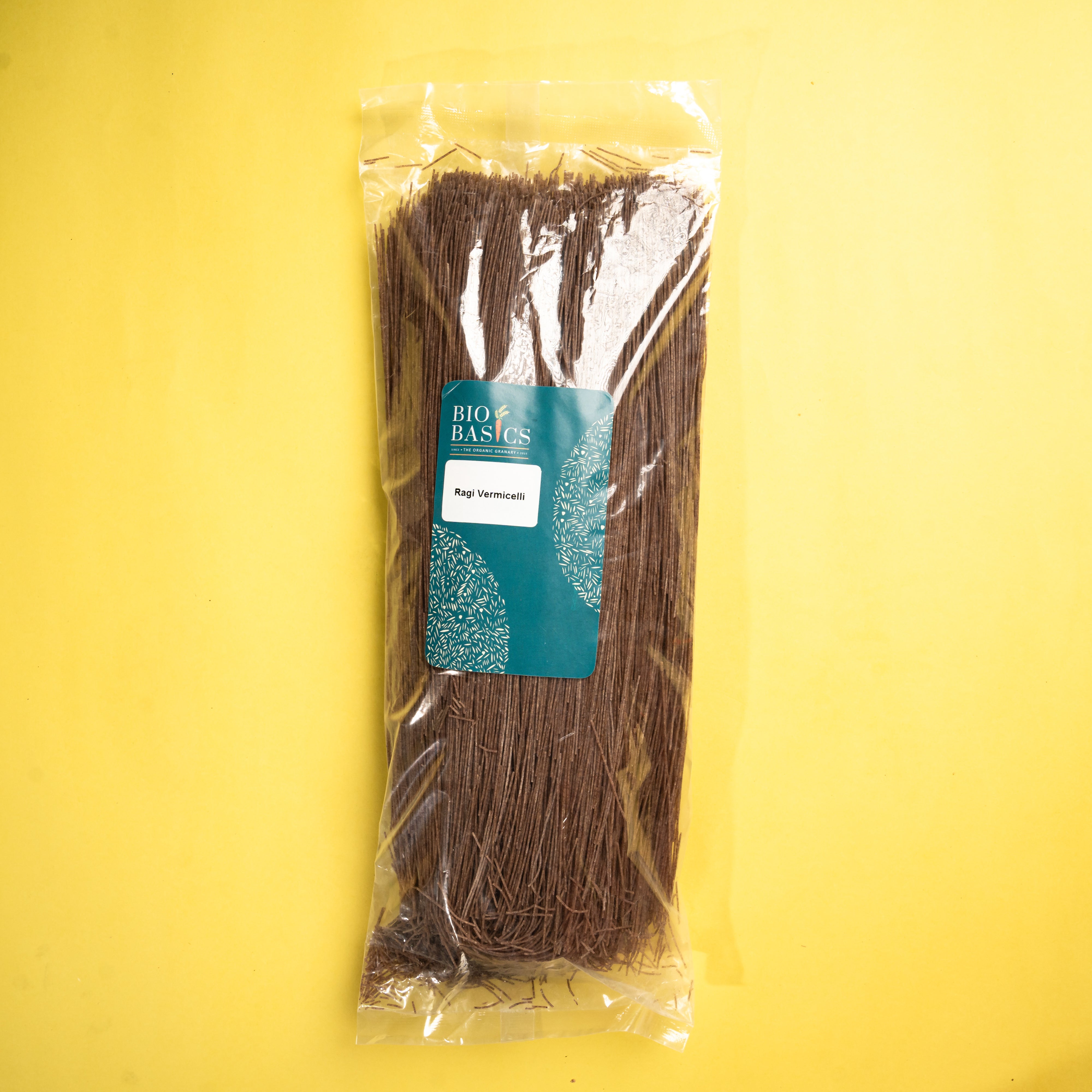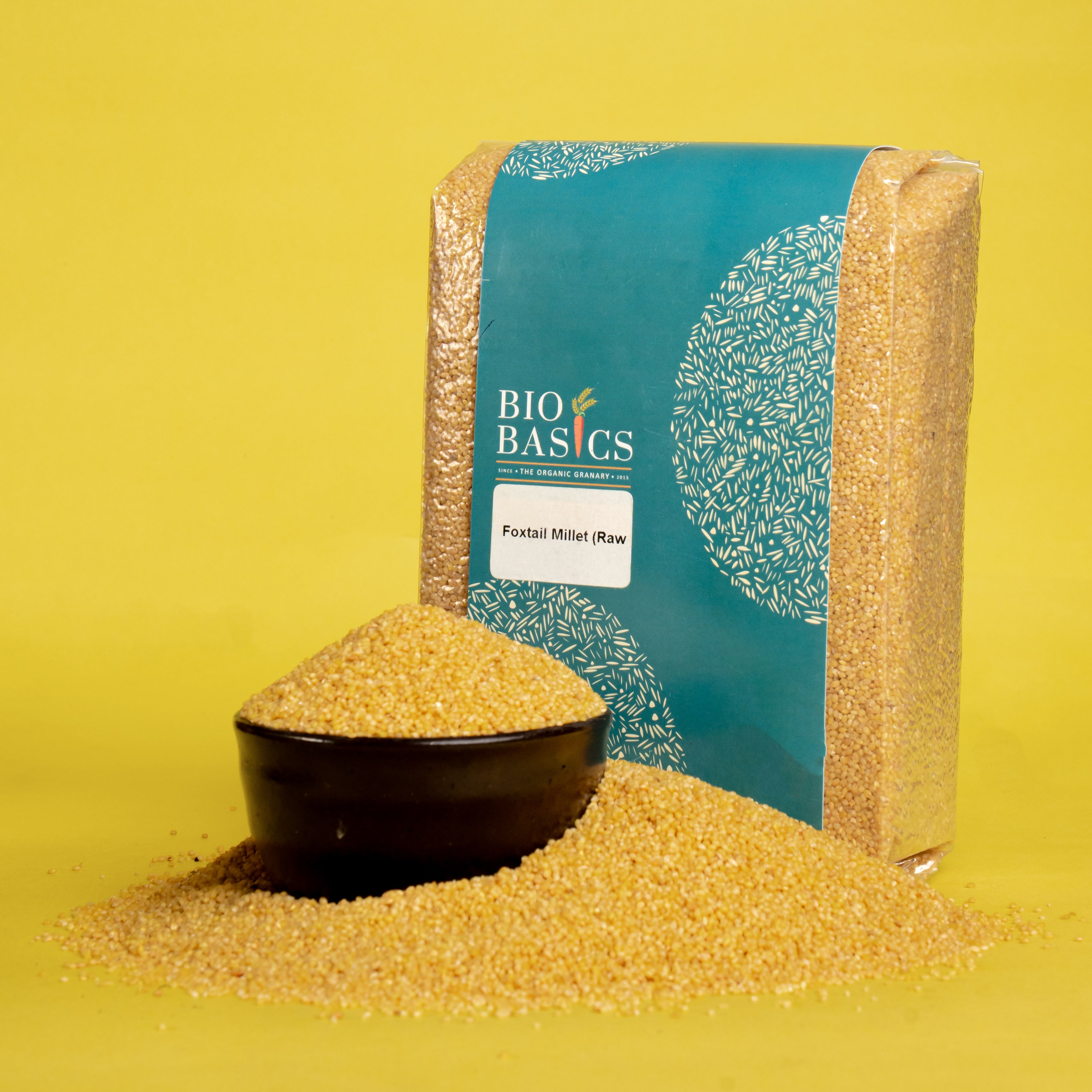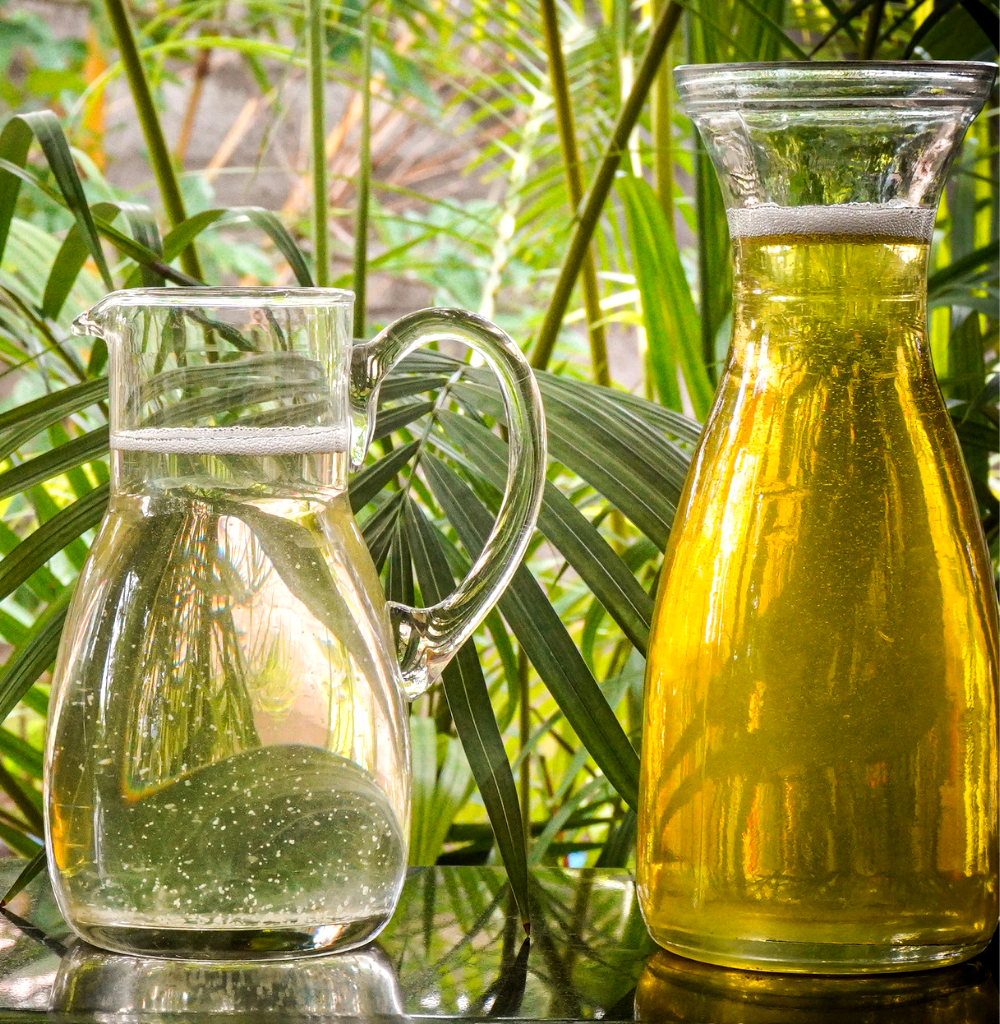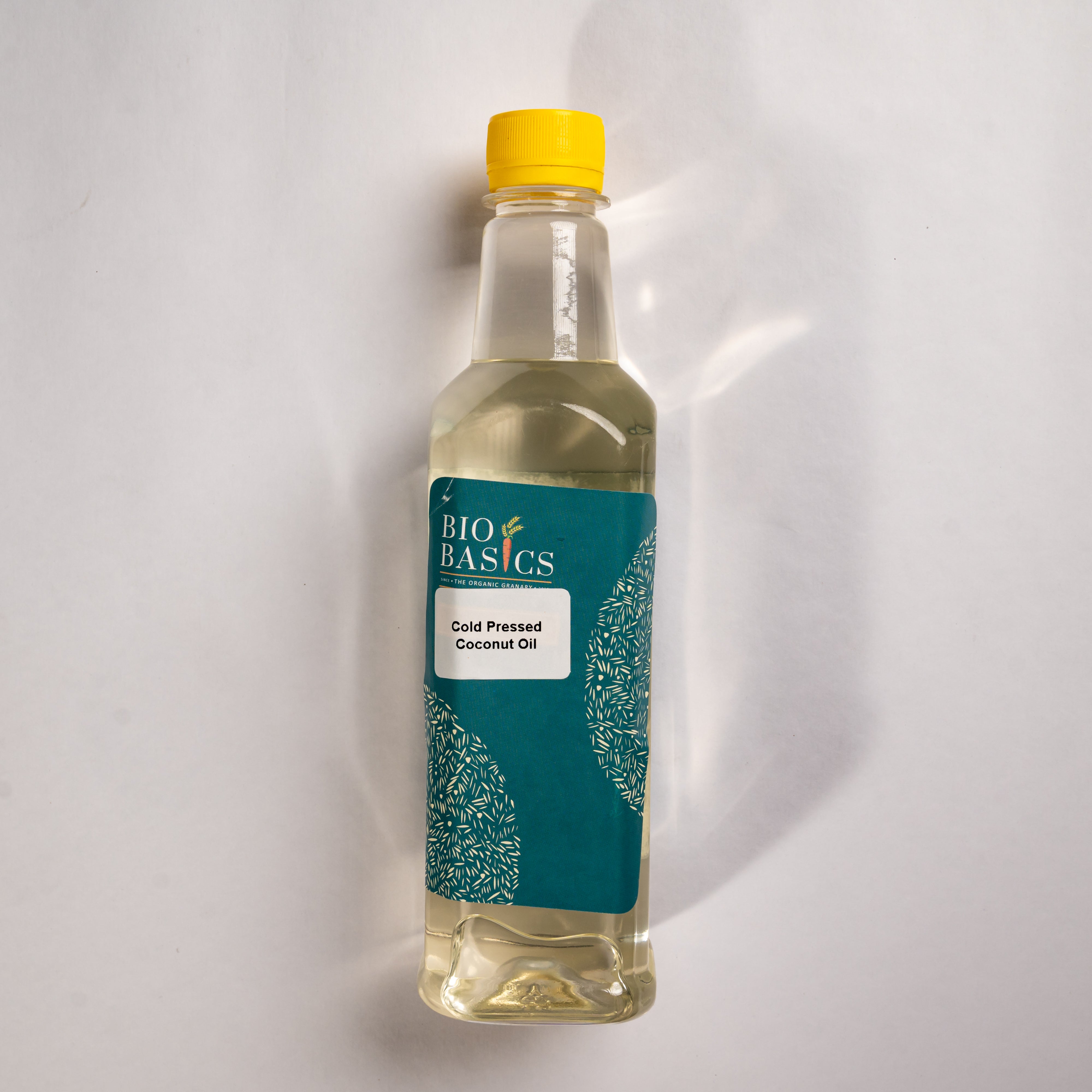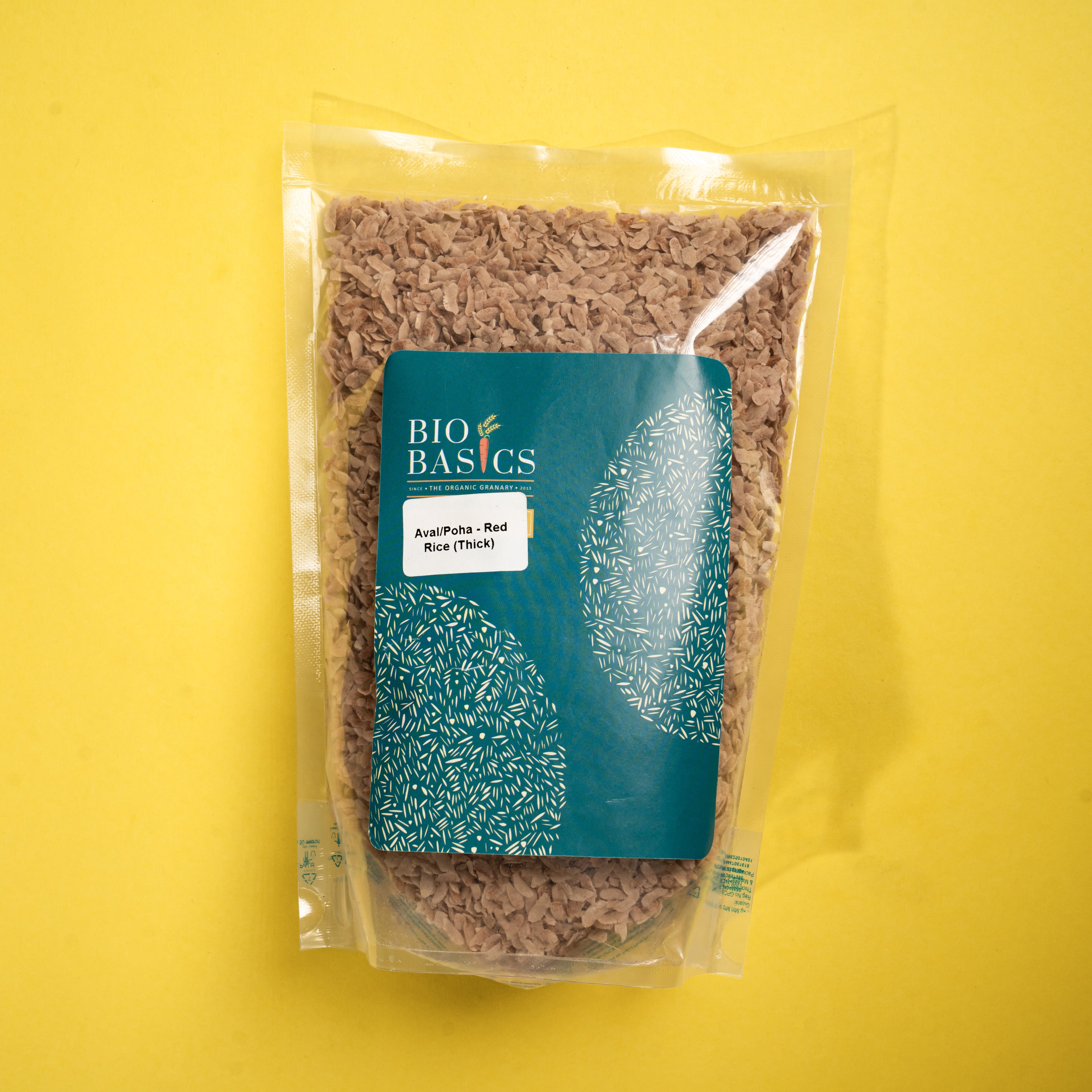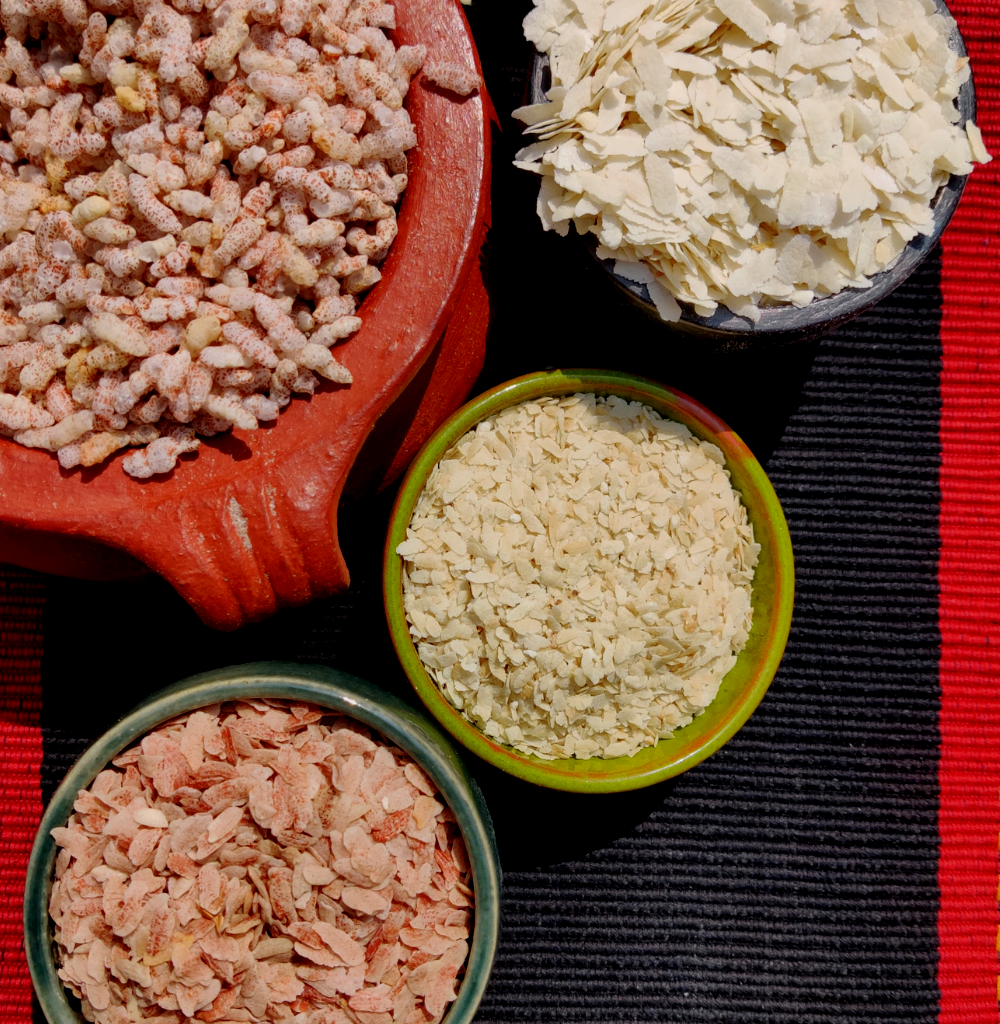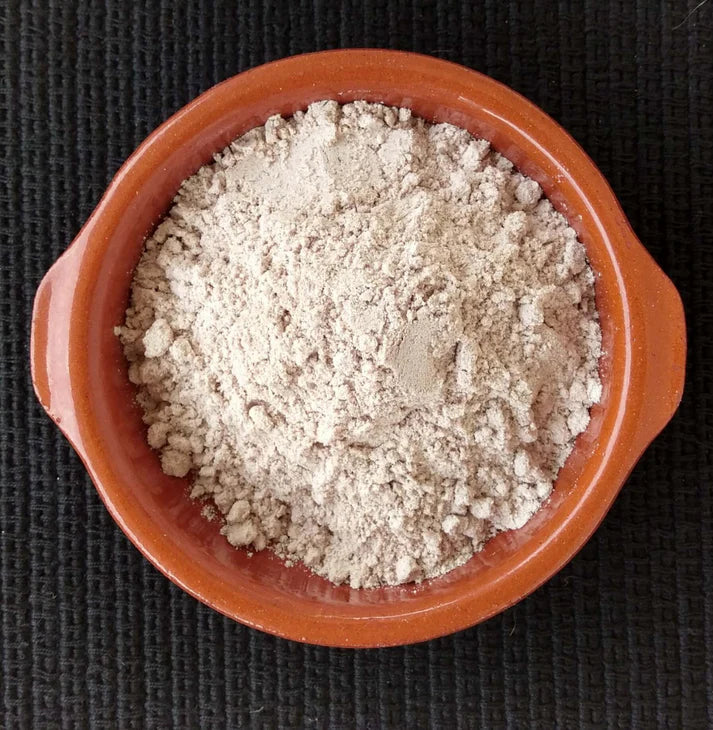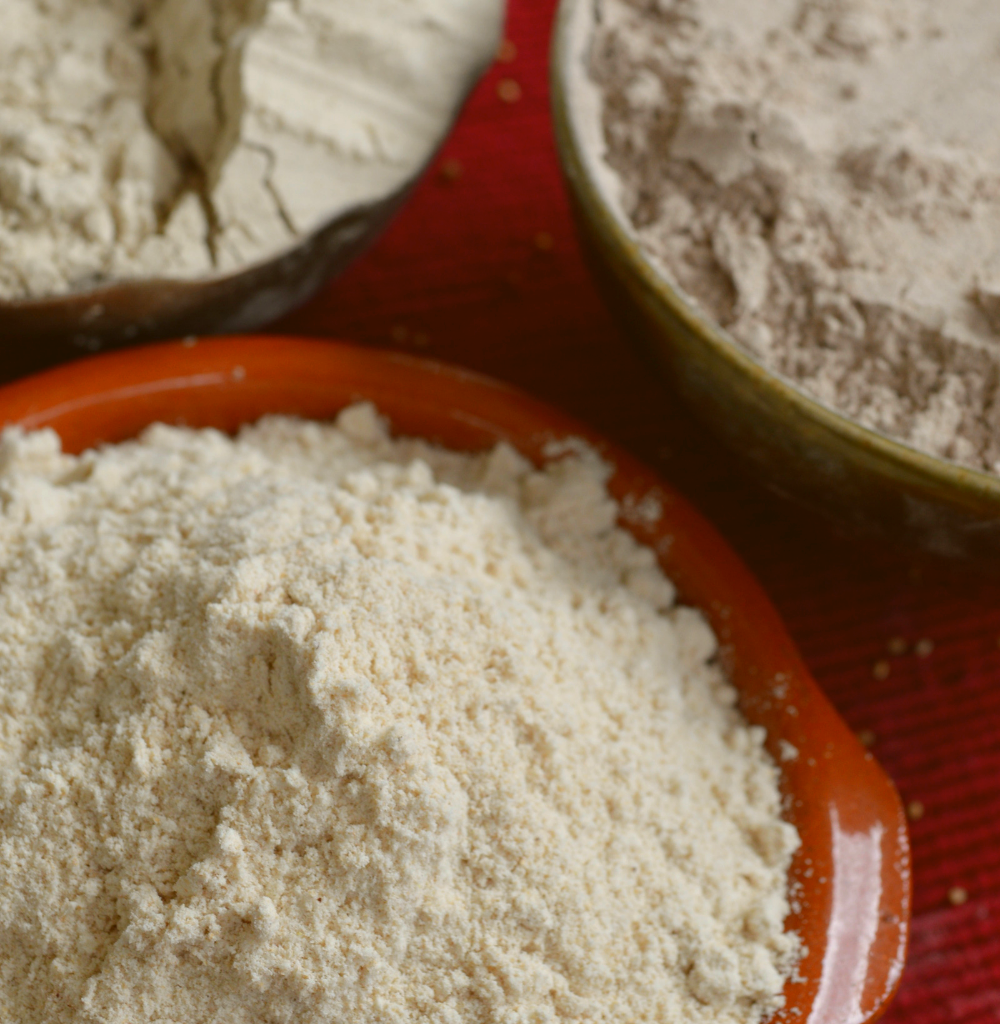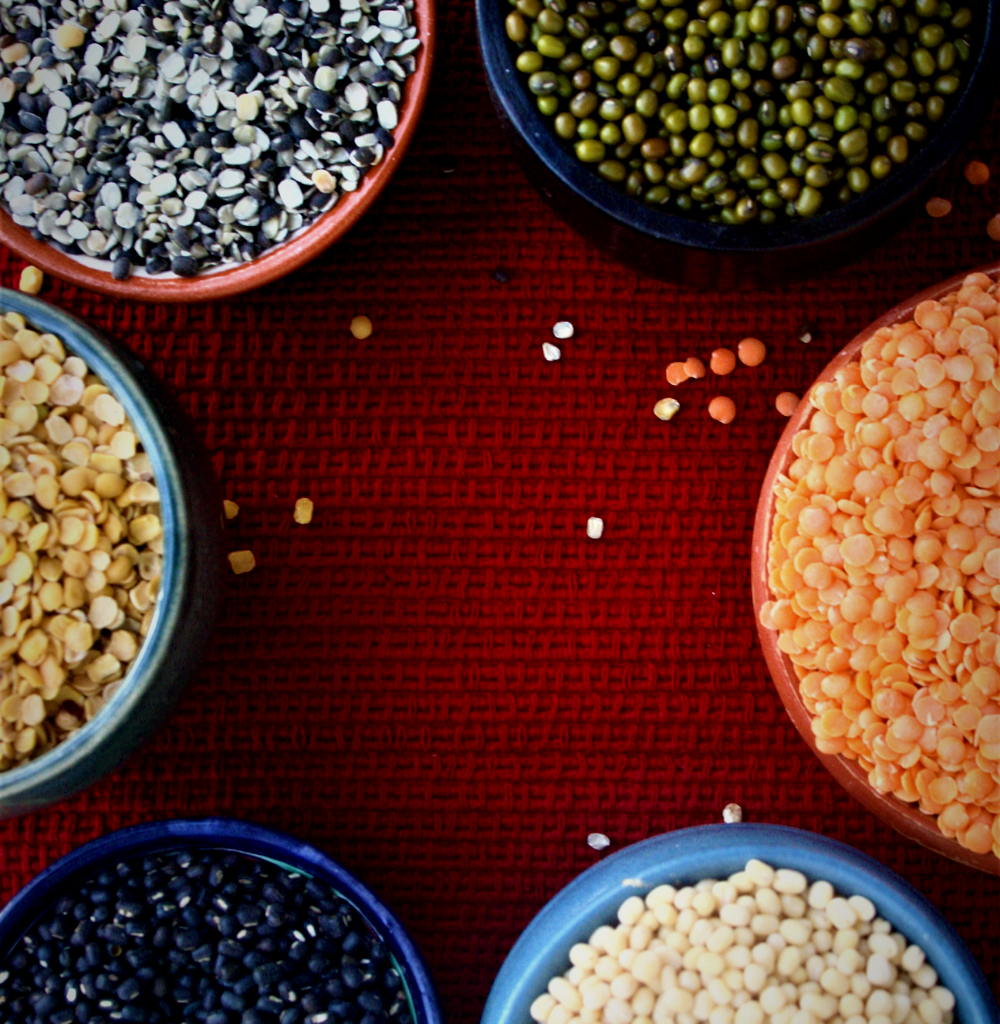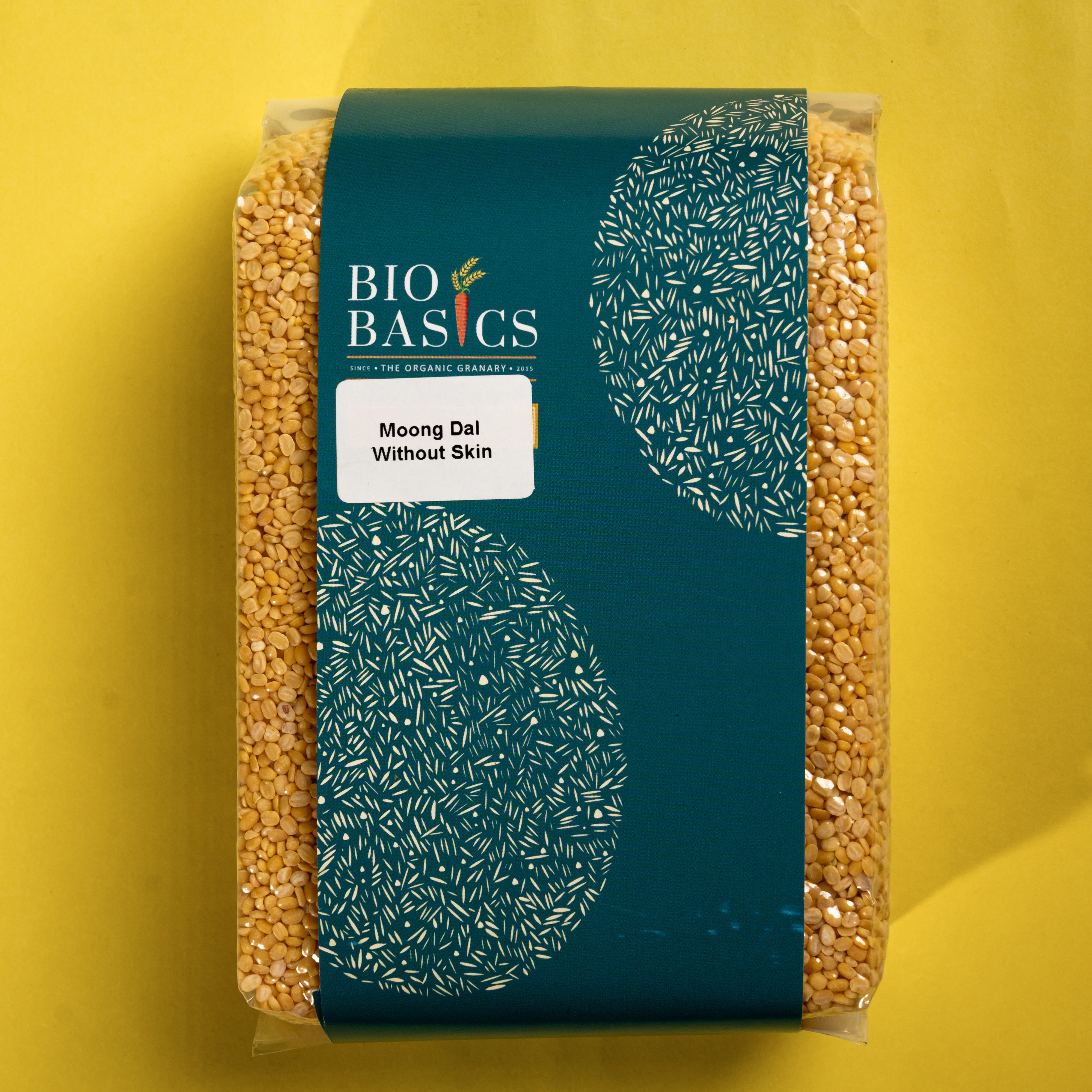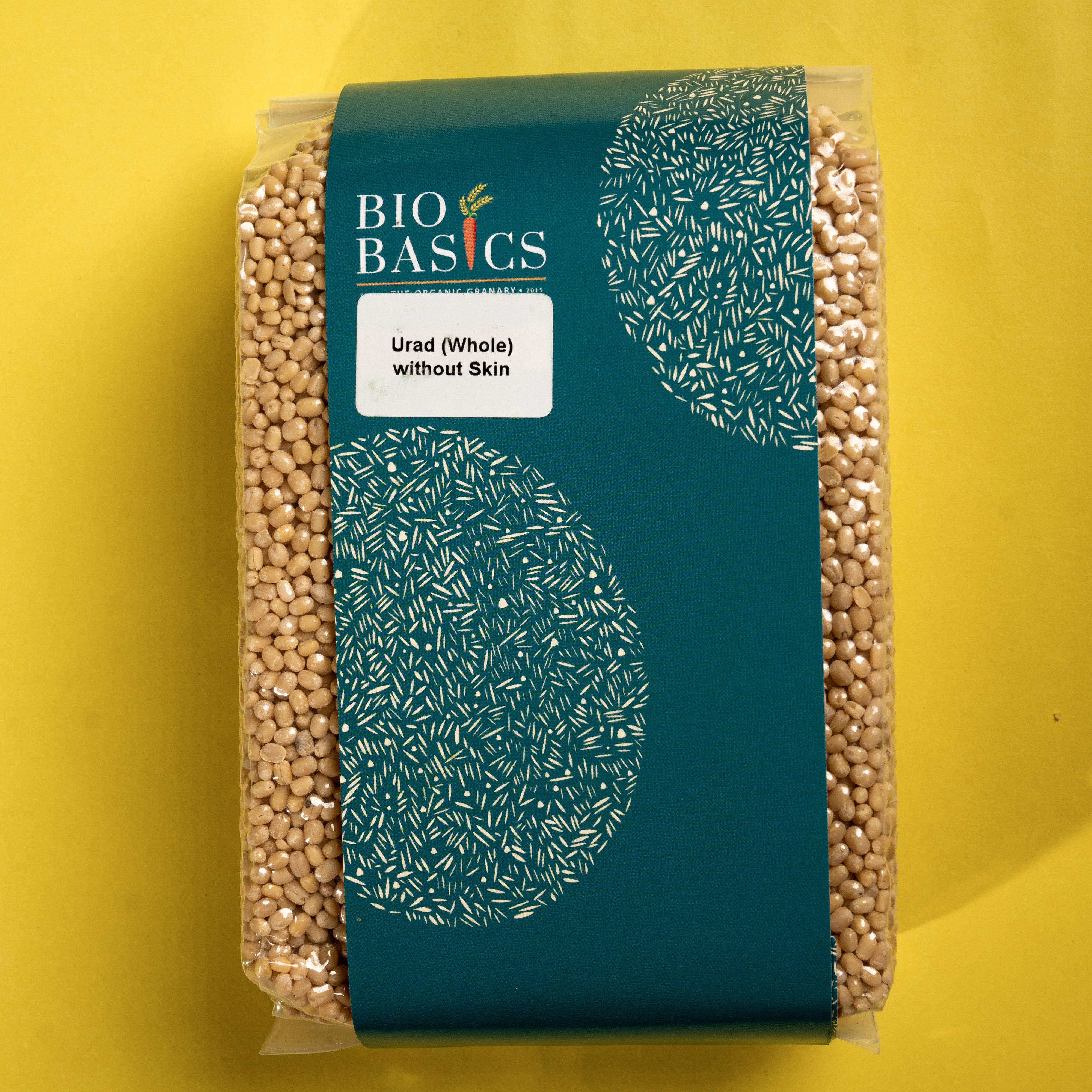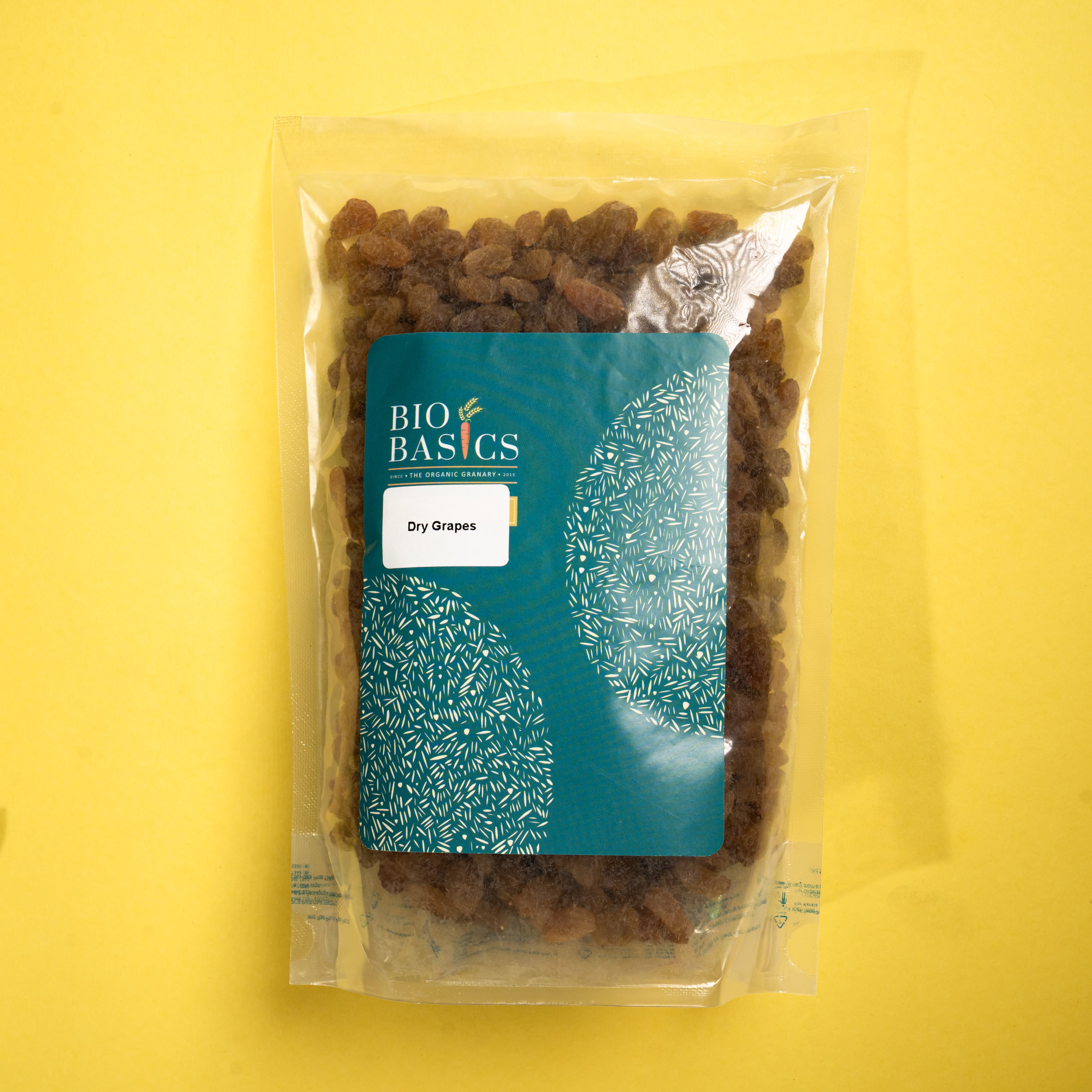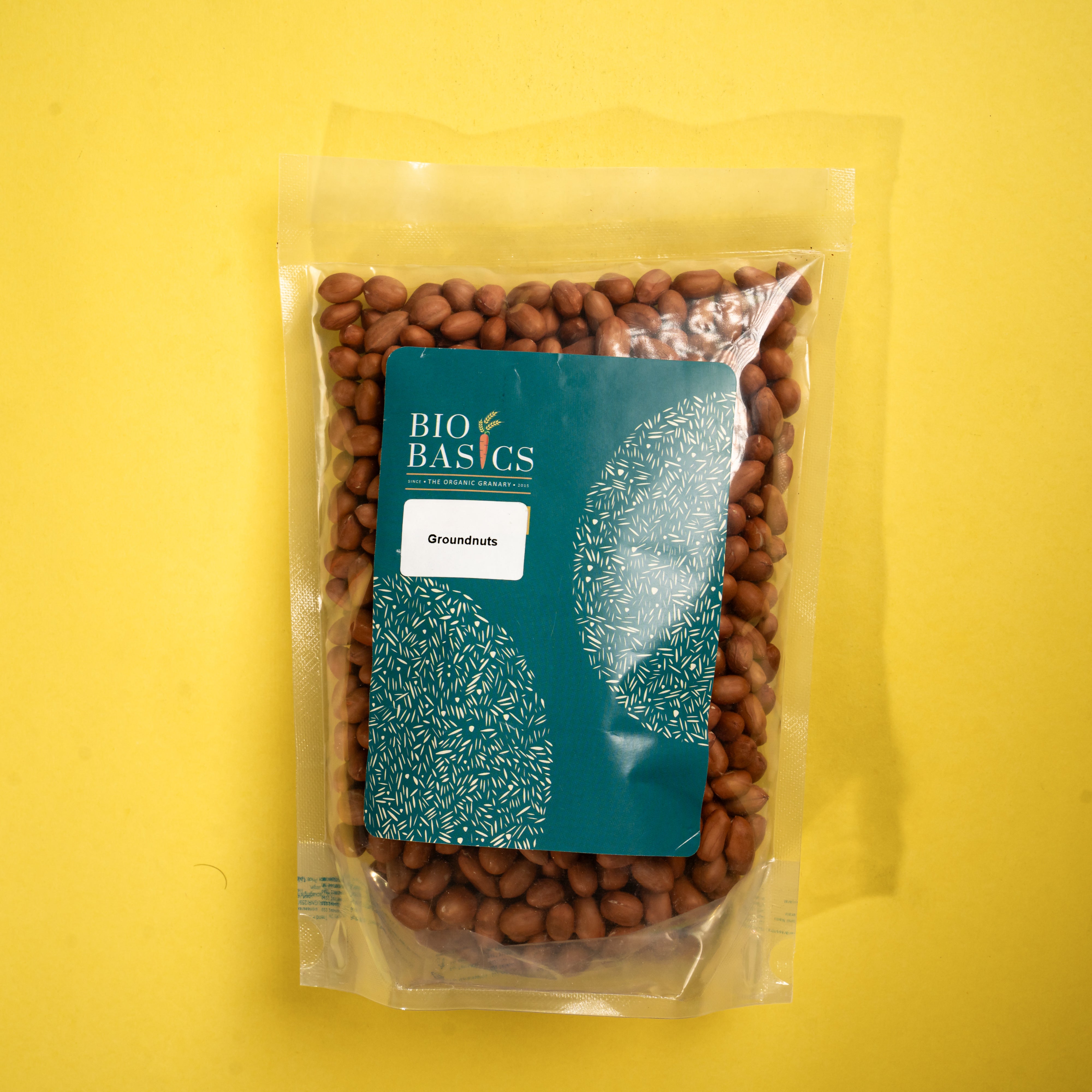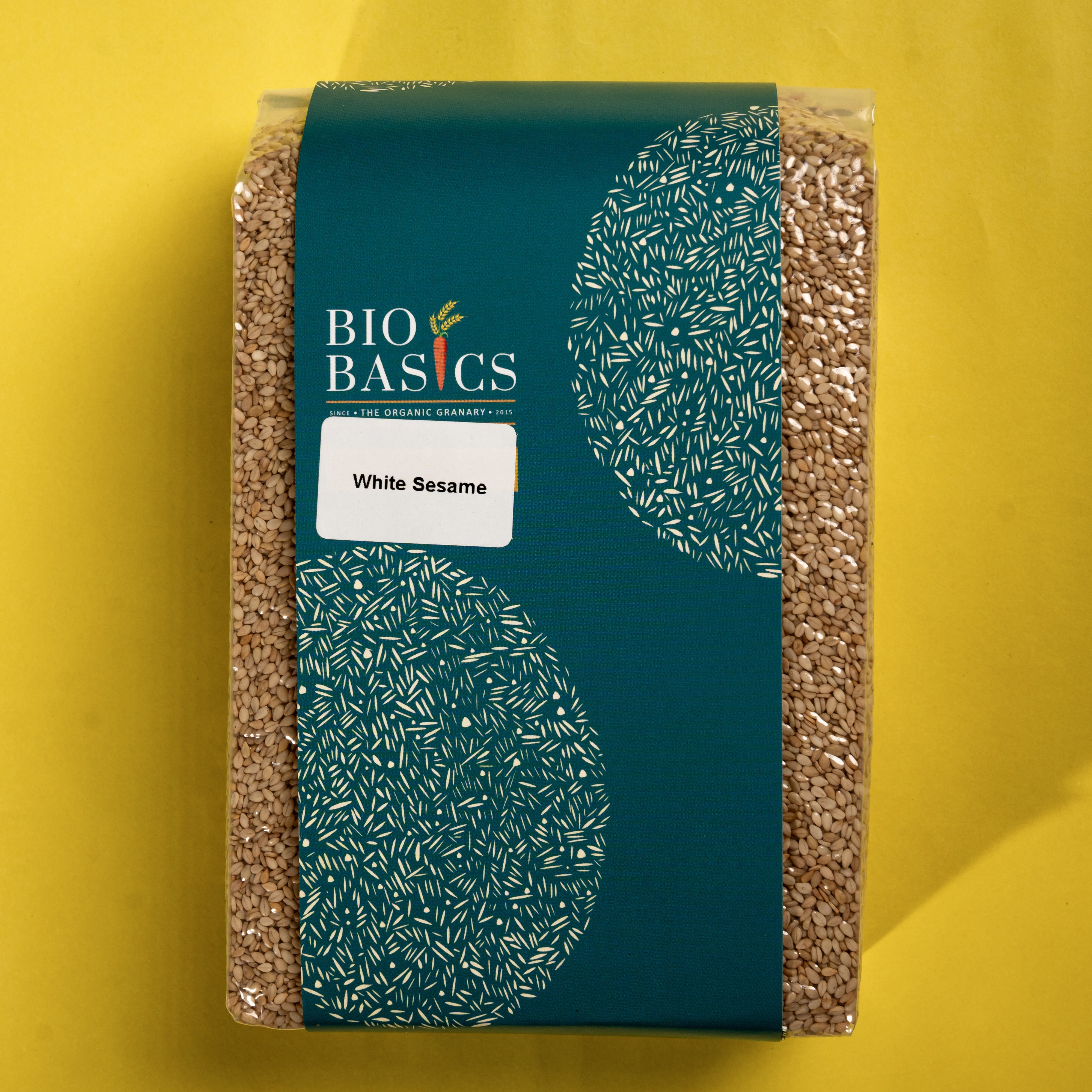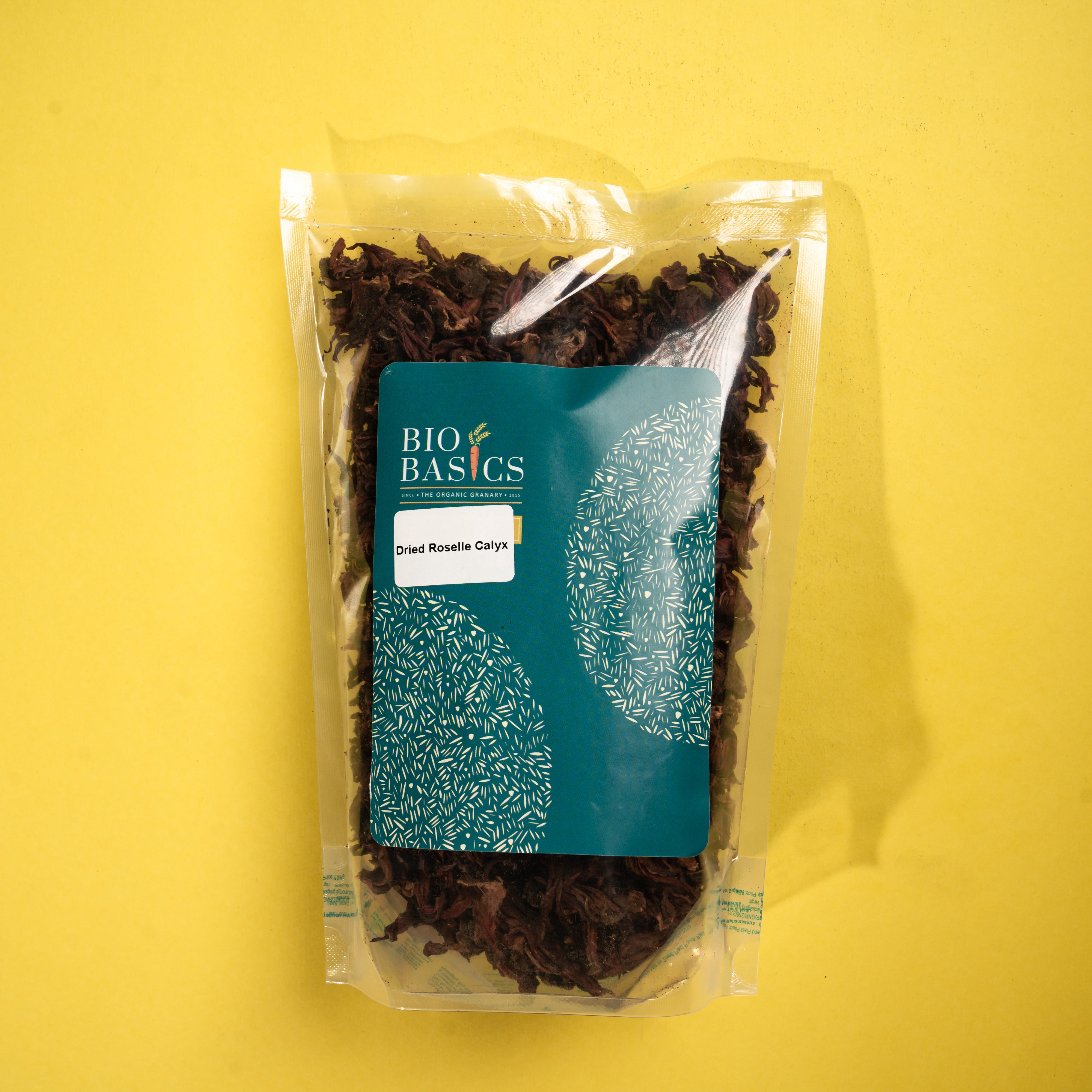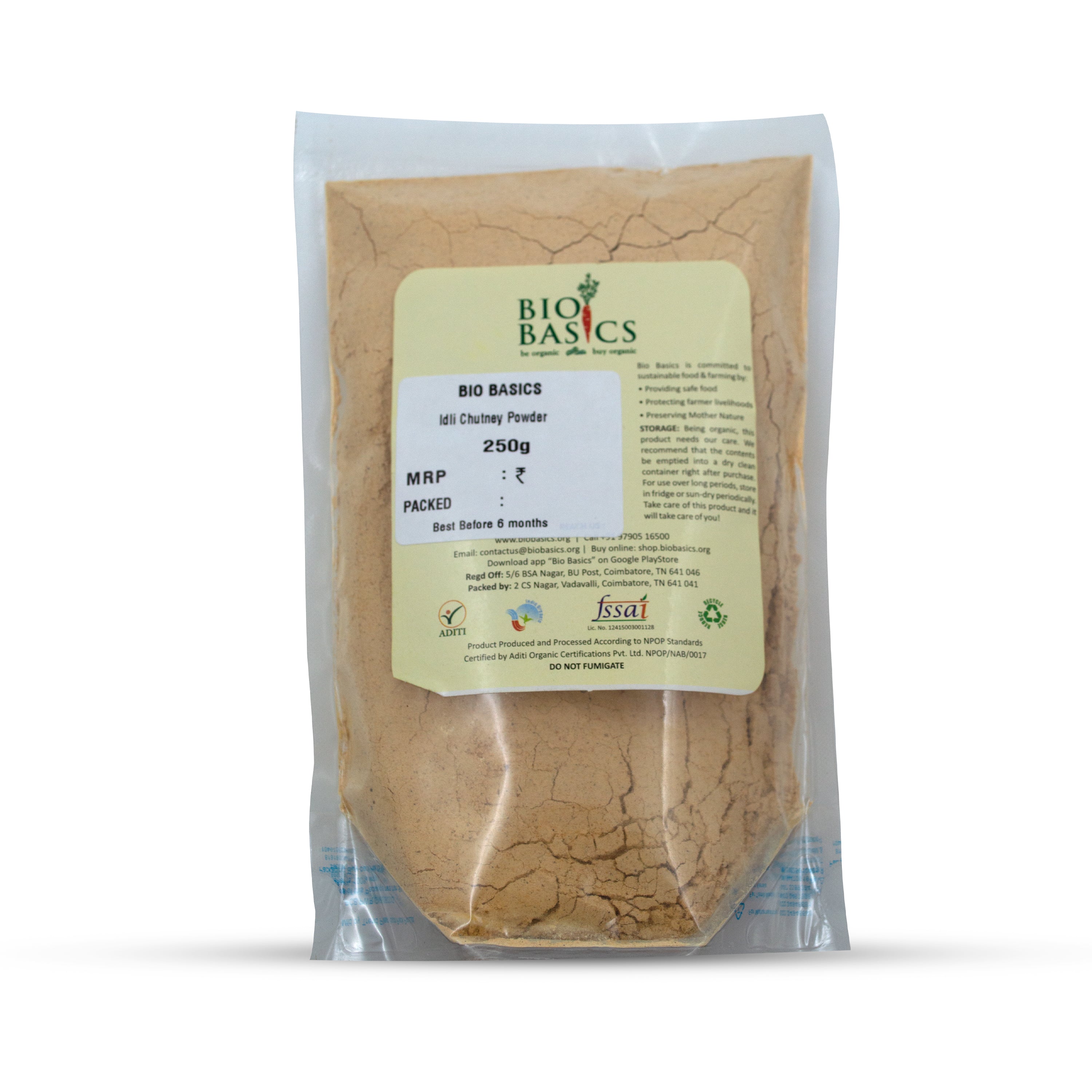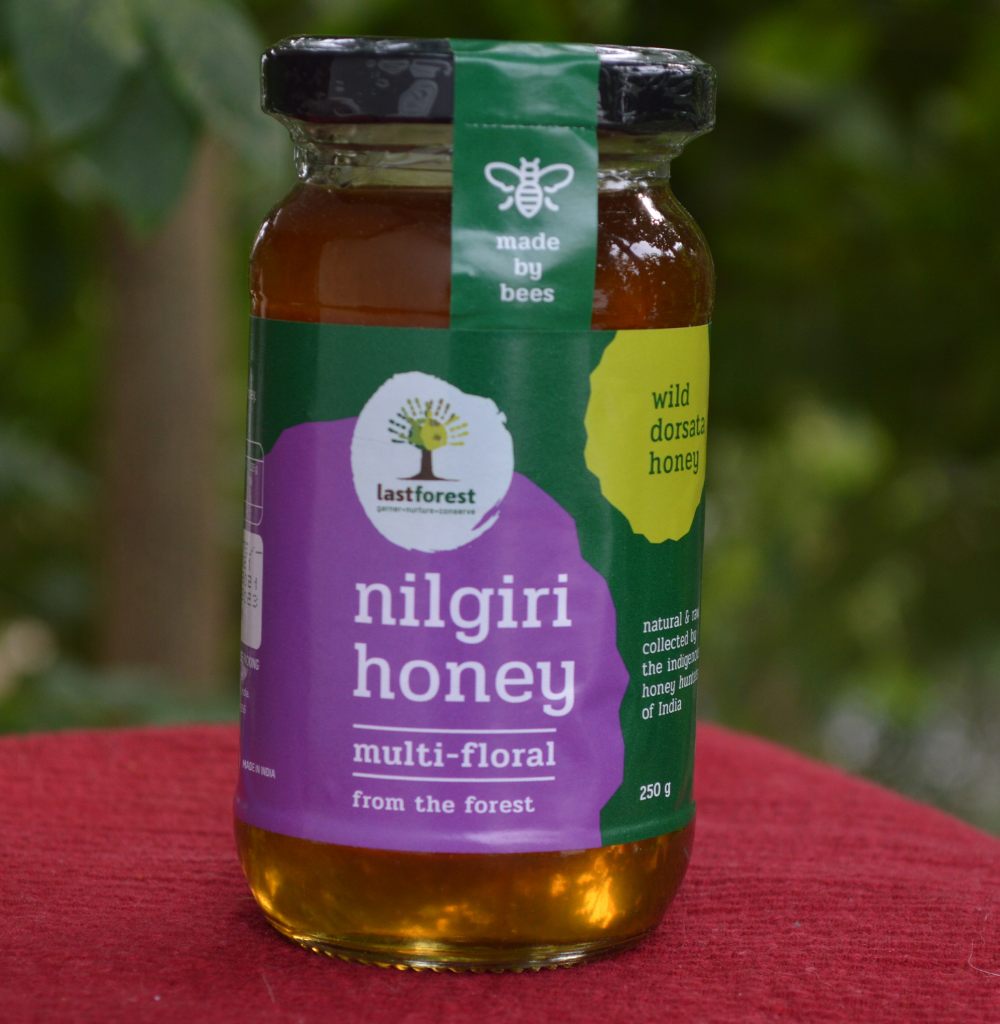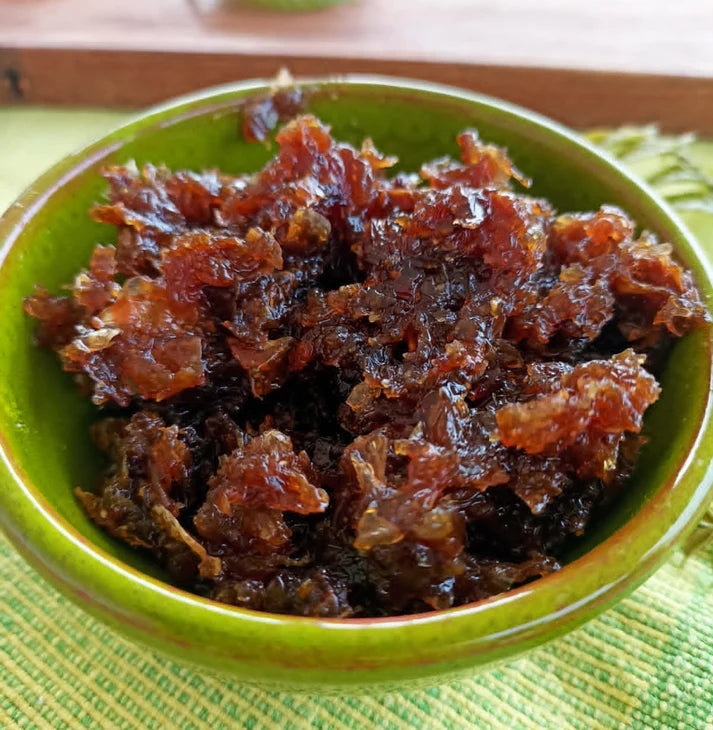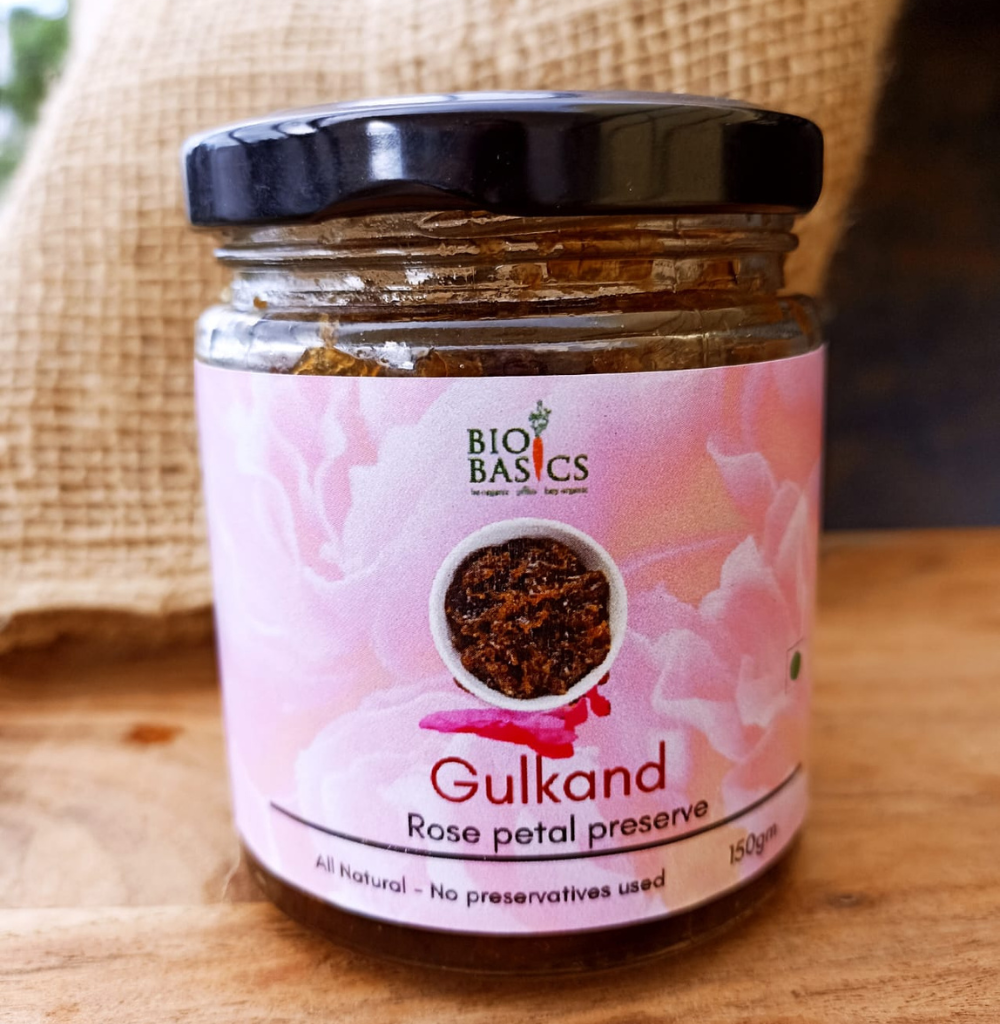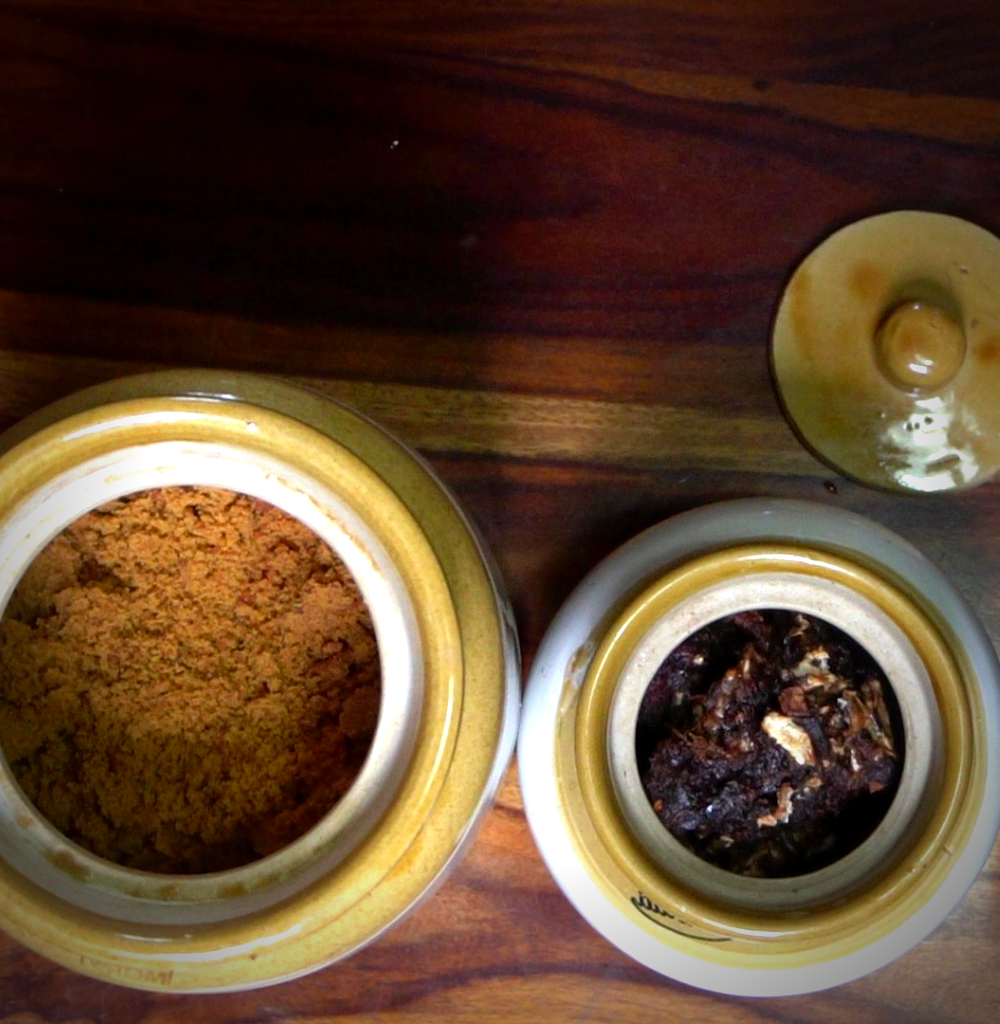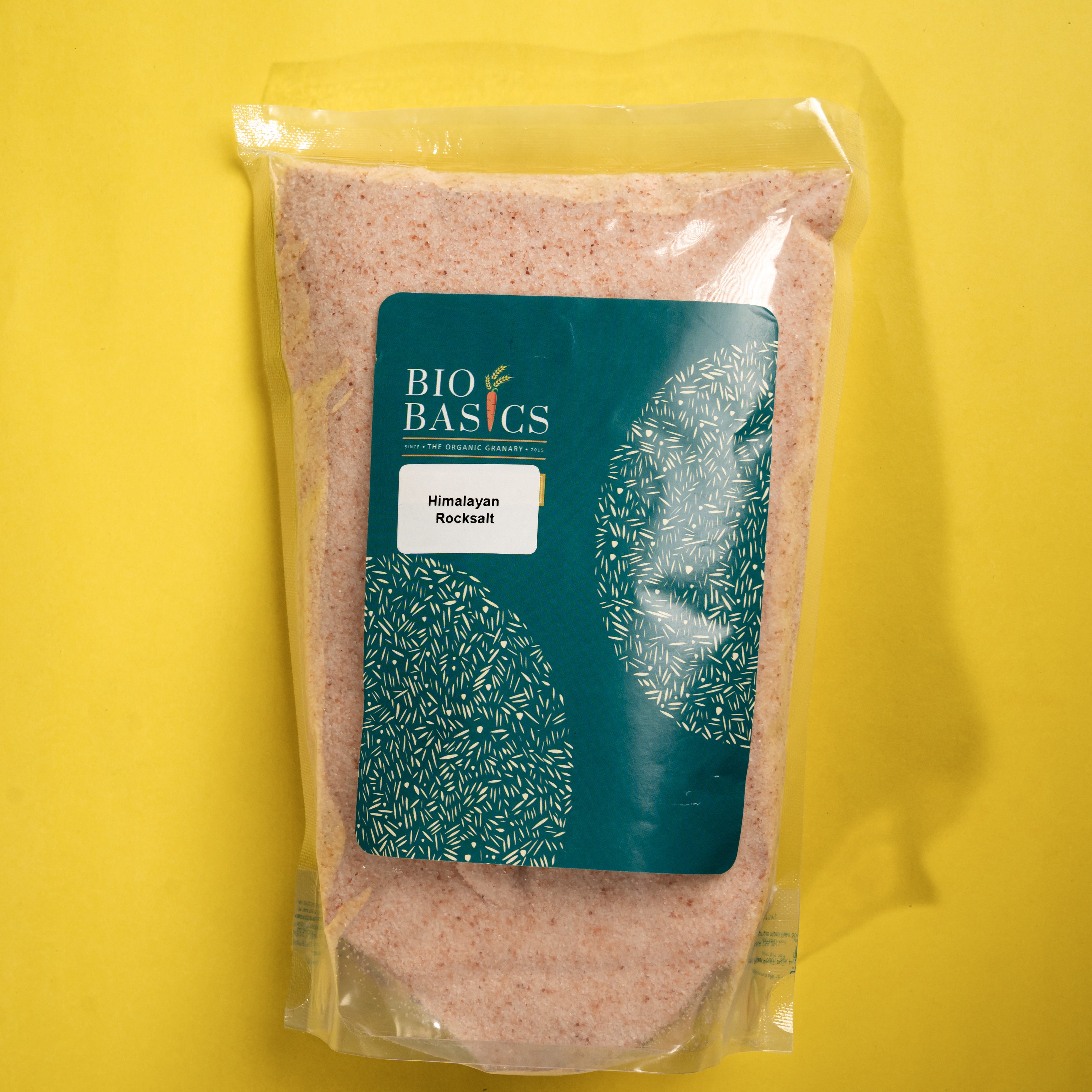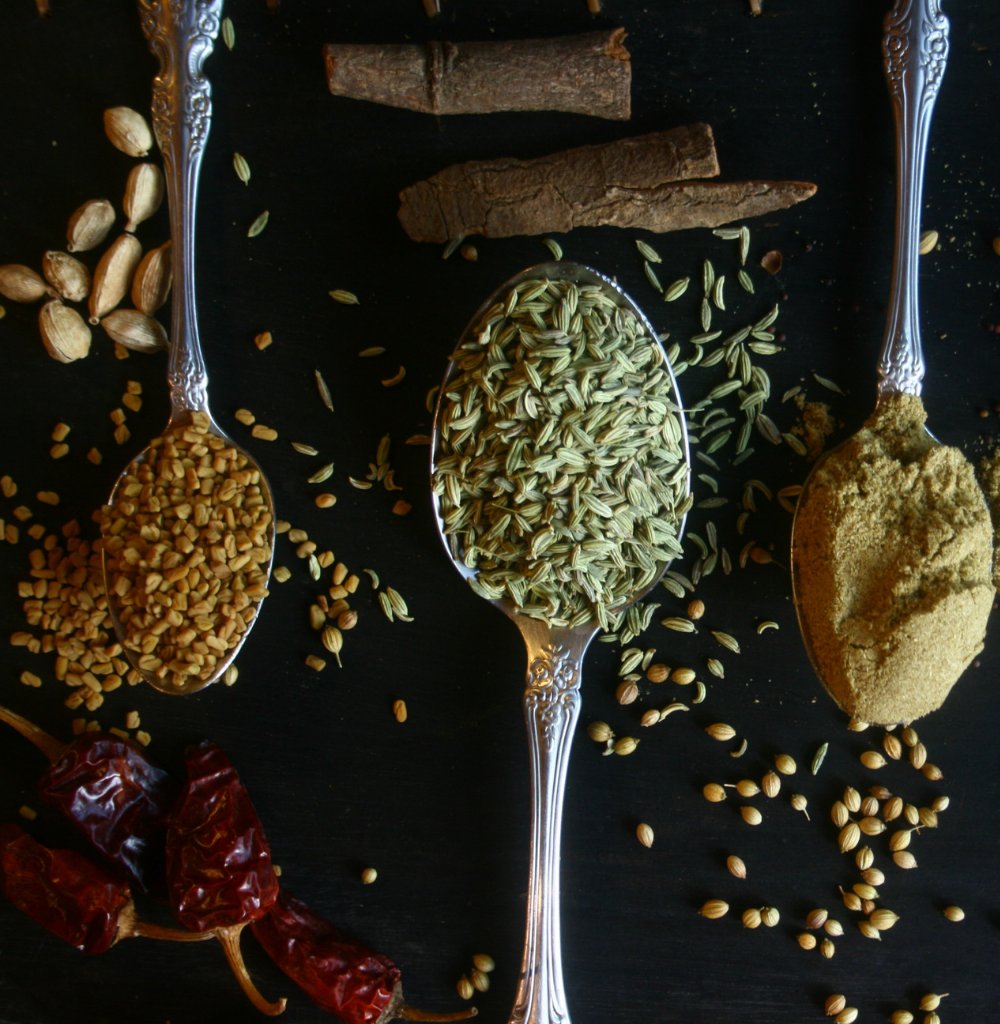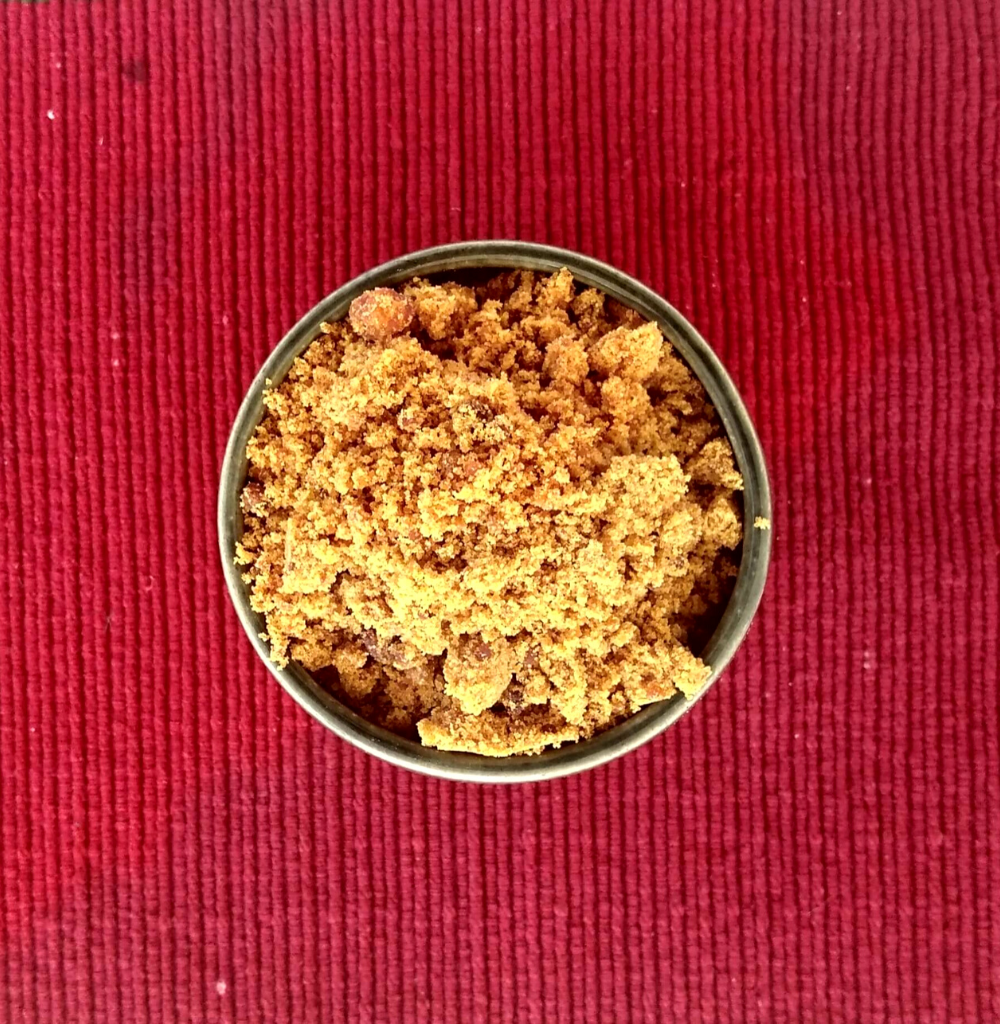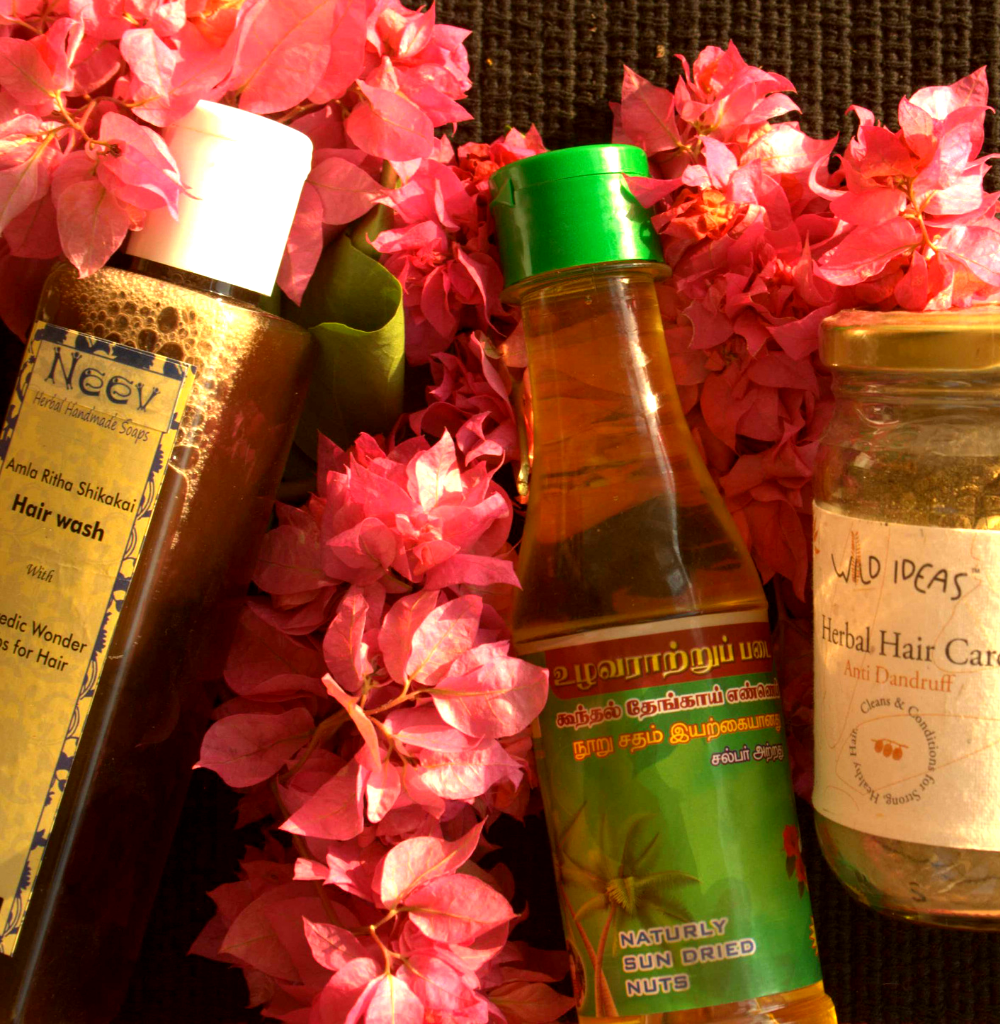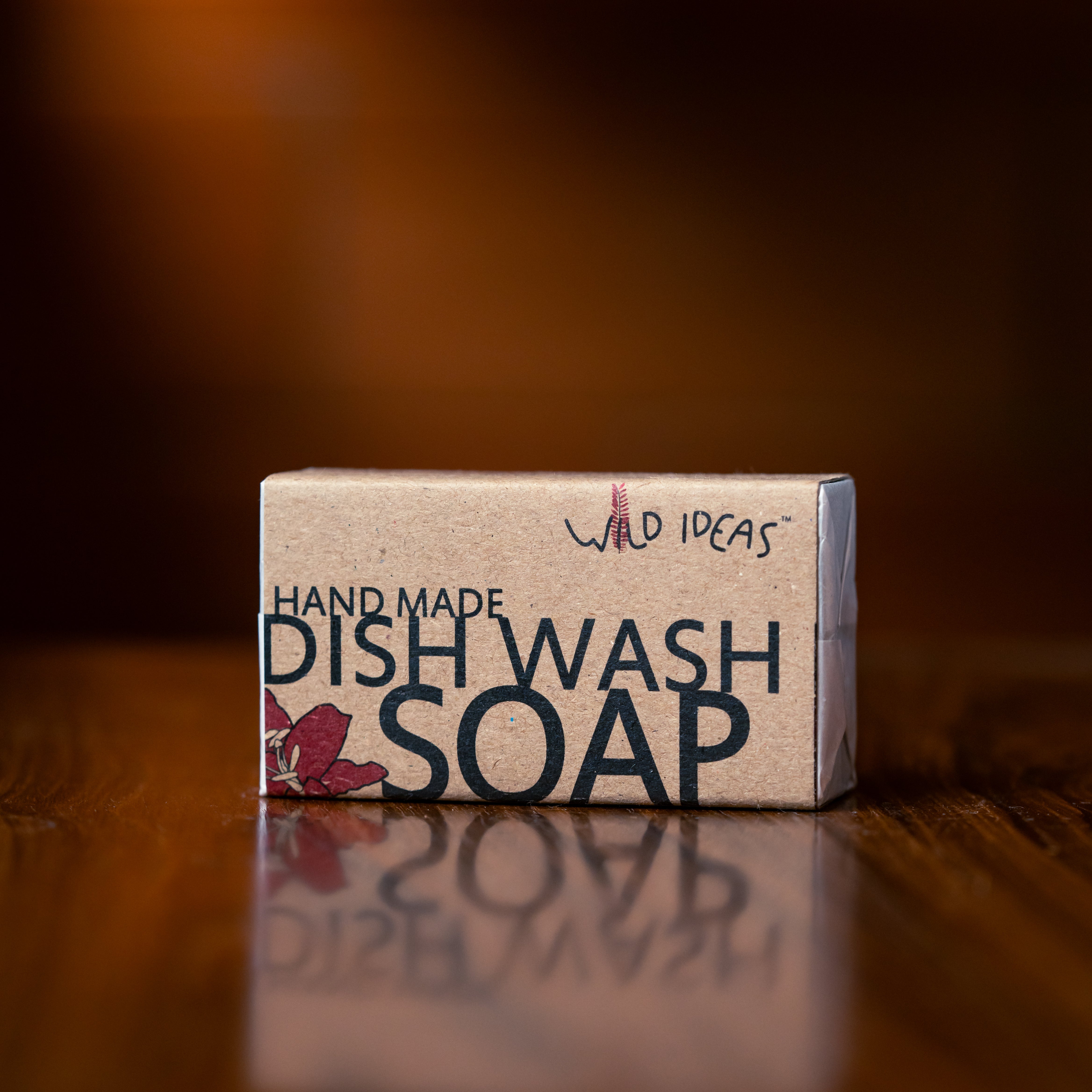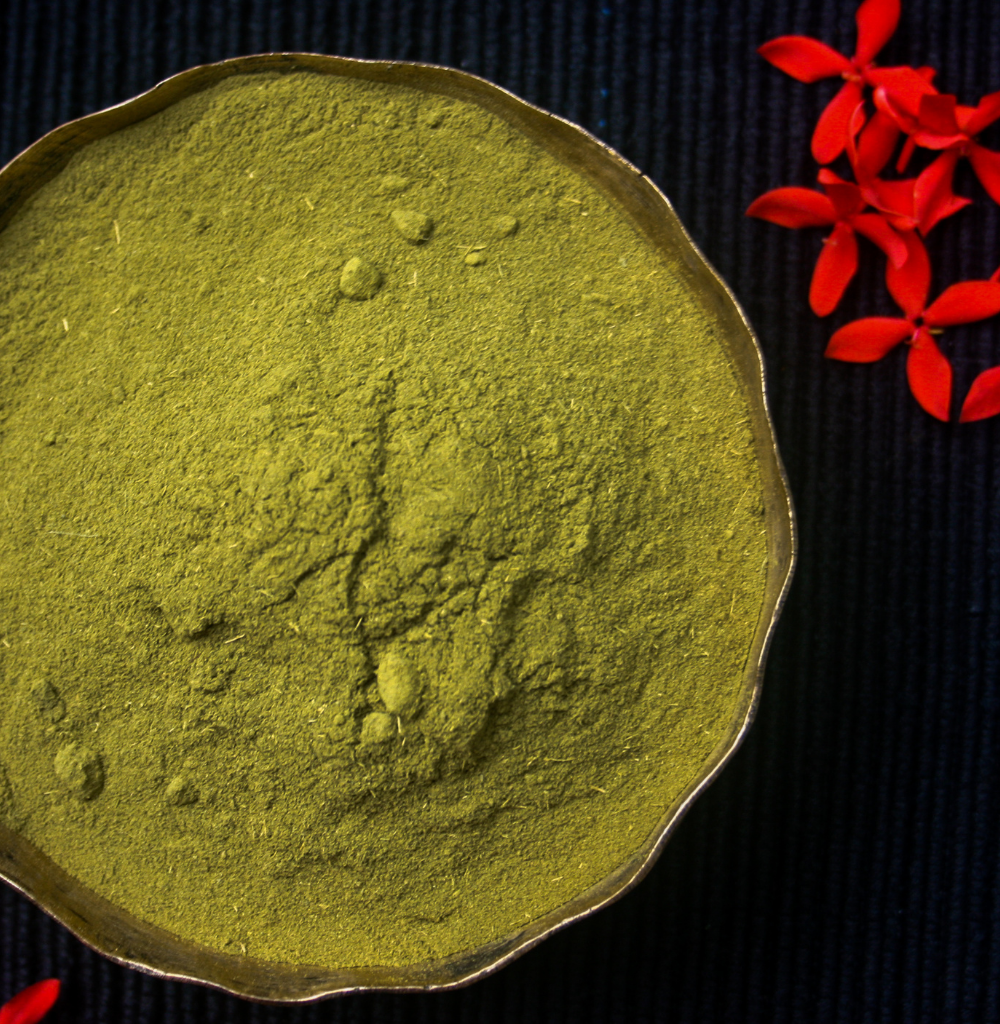Storage Tips
Thanks for choosing to go organic with Bio Basics! Choosing to eat and feed your family organic whole foods is a responsibility you should be prepared for. Take care of these organic grains and groceries, and they will take care of you! Here are some general tips for storing your organic grains or goodies for longer.
Grains:
Rices, wheats, millets, dals/pulses/legumes; As these are organic (grown, harvested, processed and transported without using any chemicals), these are prone to infestation. If you have received these in vacuum-packed packets, you can keep them in the vacuum packet till the vacuum effect goes, after which please transfer into an airtight container. If you have opted for cloth packaging, kindly transfer them into containers immediately, as cloth has no barrier properties (cannot keep out moisture). To avoid infestation, in case you are not using these immediately, refrigeration is an option that would prevent infestation. If you are going to use the item within one month, then transfer it into an air-tight tin or container and keep away from moisture. You may throw in a few spices (red chillies or neem leaves or cloves) to keep away insects. If infested, despite all precautions, just shade dry the grains and pulses on a warm surface like a balcony or veranda, winnow it, and the items are good to use.
Oils:
Bio Basics oils are sold in recyclable food-grade plastic bottles that transport better (compared to glass bottles). Please recycle them. These are poured into these bottles only after your order is received and processed. The oils are not stored in these at our facility. Please ensure that these cold pressed oils are not exposed to moisture, they will go rancid, particularly coconut oil. We recommend transferring the oils on to your own glass or steel bottles immediately, instead of storing it in the plastic bottles in which they arrive. A traditional storage tip for cold pressed coconut oil, drop in a few pepper-corns into the oil bottle, this helps keep the oil from going rancid for longer. If you think that the oils need to be refreshed because you did not use it for long, please keep it in an open steel container in the sun. However, this will not help if the oil has gone rancid.
Spices:
Bio Basics Spices (powders) should be transferred into glass bottles or a steel masala dabba. Same with whole spices. You can retain these longer in bottles in the fridge or in the open. Most spices are not affected by any infestation except in the case of coriander powder and whole coriander that do have a tendency to get infested rather quickly . The other spice powders, if kept for long and exposed to moisture, also can get affected. If infested, despite all precautions, sieve and use the spice powders and sun dry, clean and use the spices.
Avals/Poha/Rava/Vermicelli/Flours:
Kindly buy the quantity you need for a month and not more, as these are processed fresh every month, and you can always replenish your pantry with freshly processed items, which are the best quality. If infested, sun dry, sieve it and use.
Nuts/seeds/Dry Fruits:
Cashew Nuts, raisins, almonds, walnuts & apricots can be kept in airtight containers All these items are best stored in the freezer or refrigerator if you plan to keep them longer than a month in the plains climate; these do not keep well after that.
Please remember these are wholesome , untreated groceries and insects do know what is good for them. Most of us in our childhood have seen infestation and many of us over 30 years have helped our parents with cleaning and sorting grains. Let us be more worried about chemicals than infestation. Let us buy what we need for a month, or at most, two months, and not more, at a time.
Here's a small, fun, illustrated storage guide for rice made by Devi. Hope you enjoy using it. [Link?]
Don't panic, be organic! We assure you it is more than worth the trouble !


